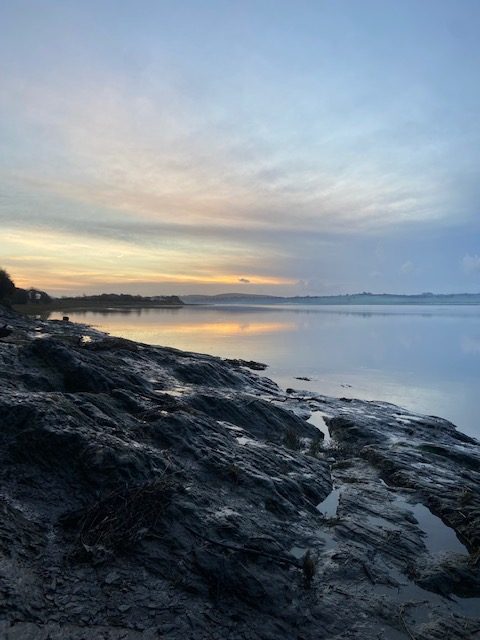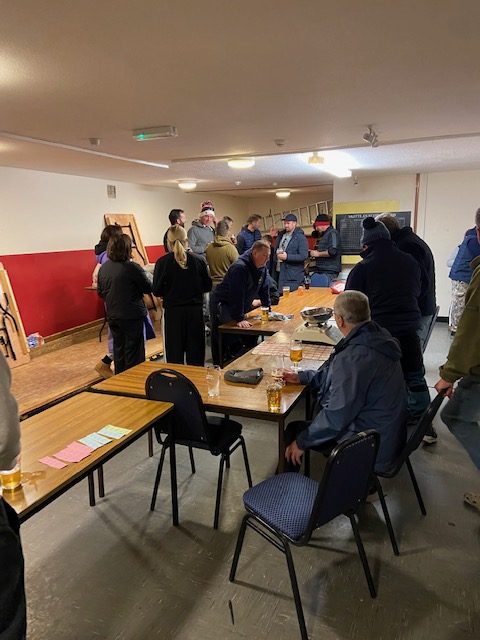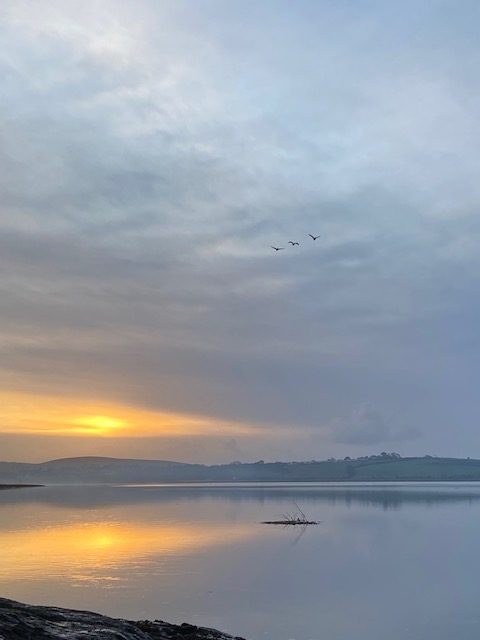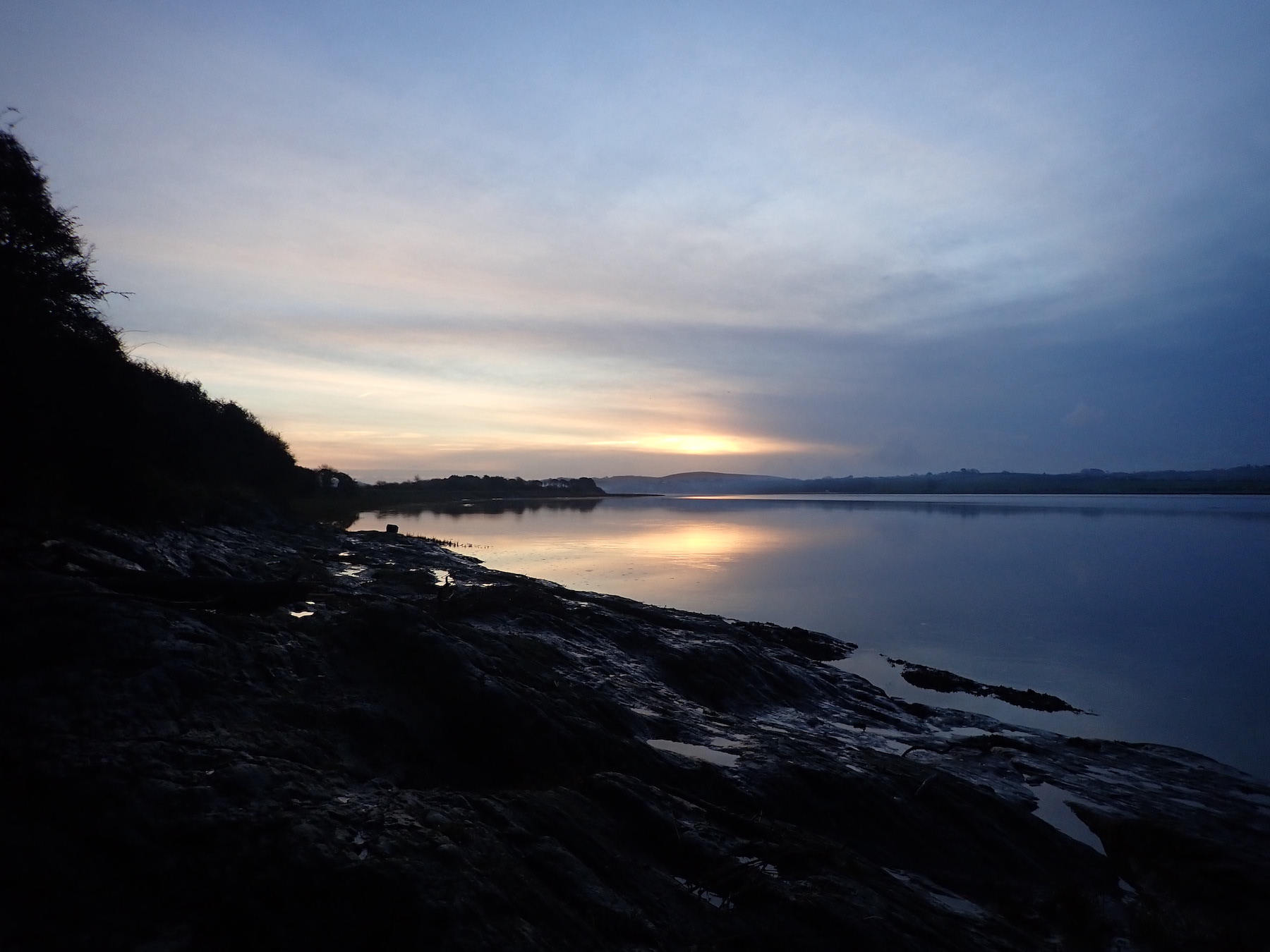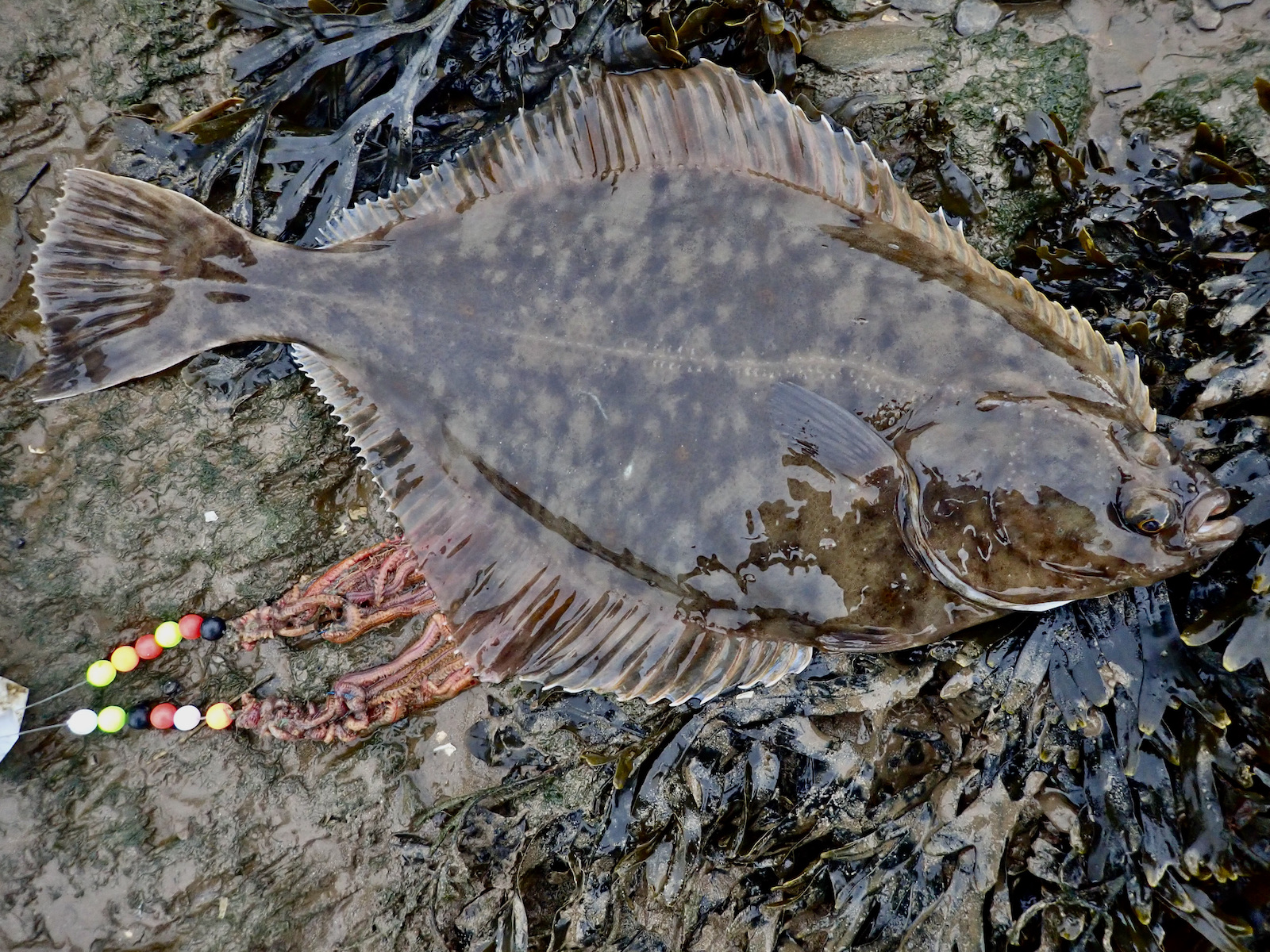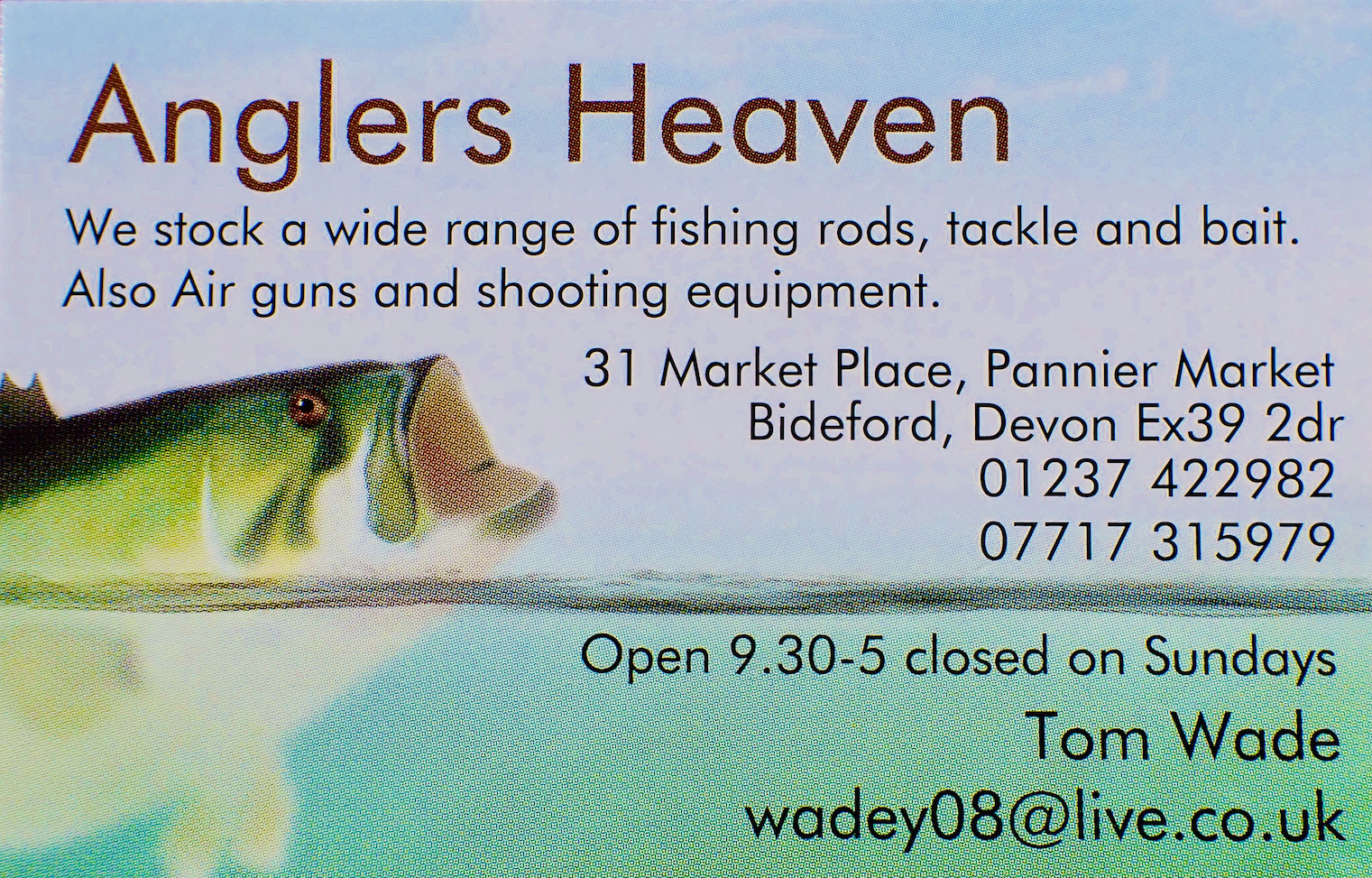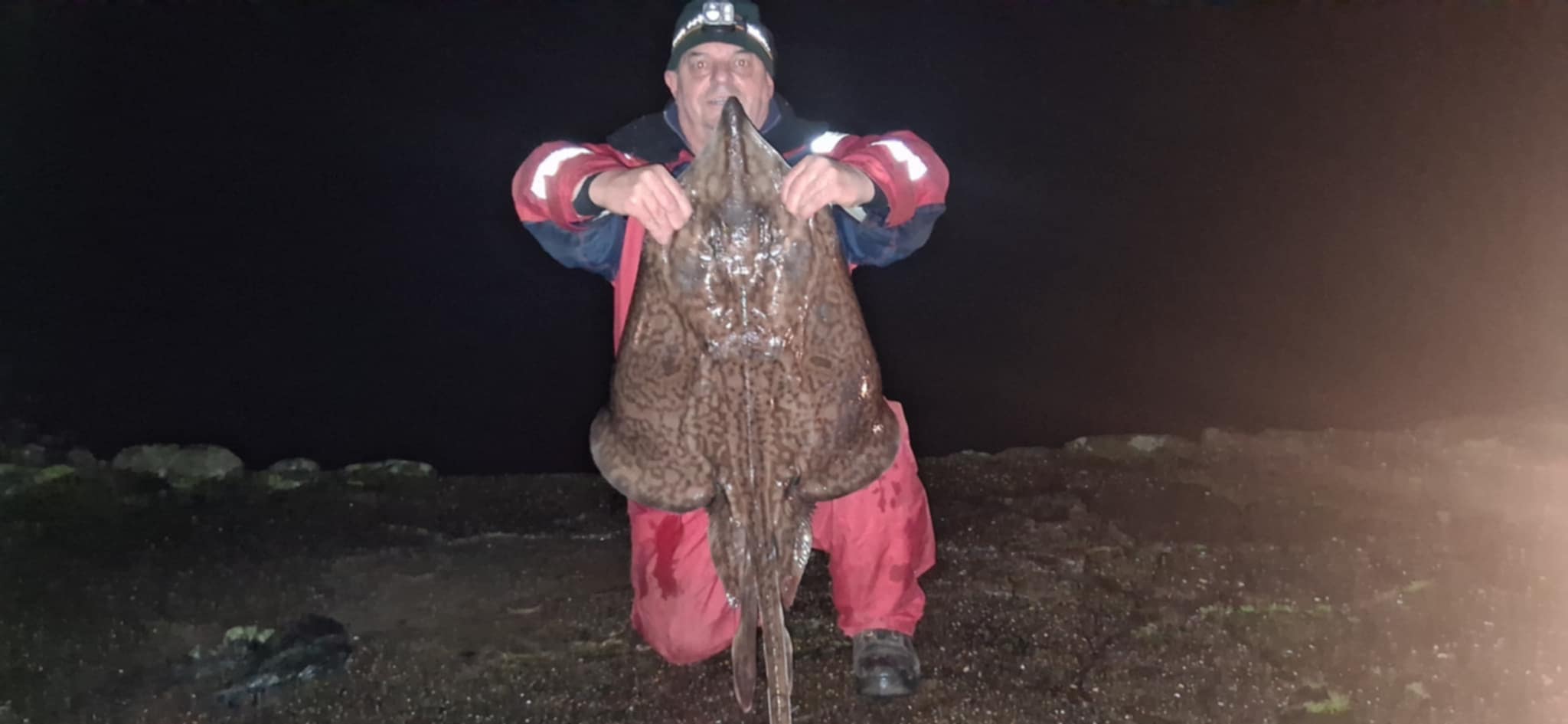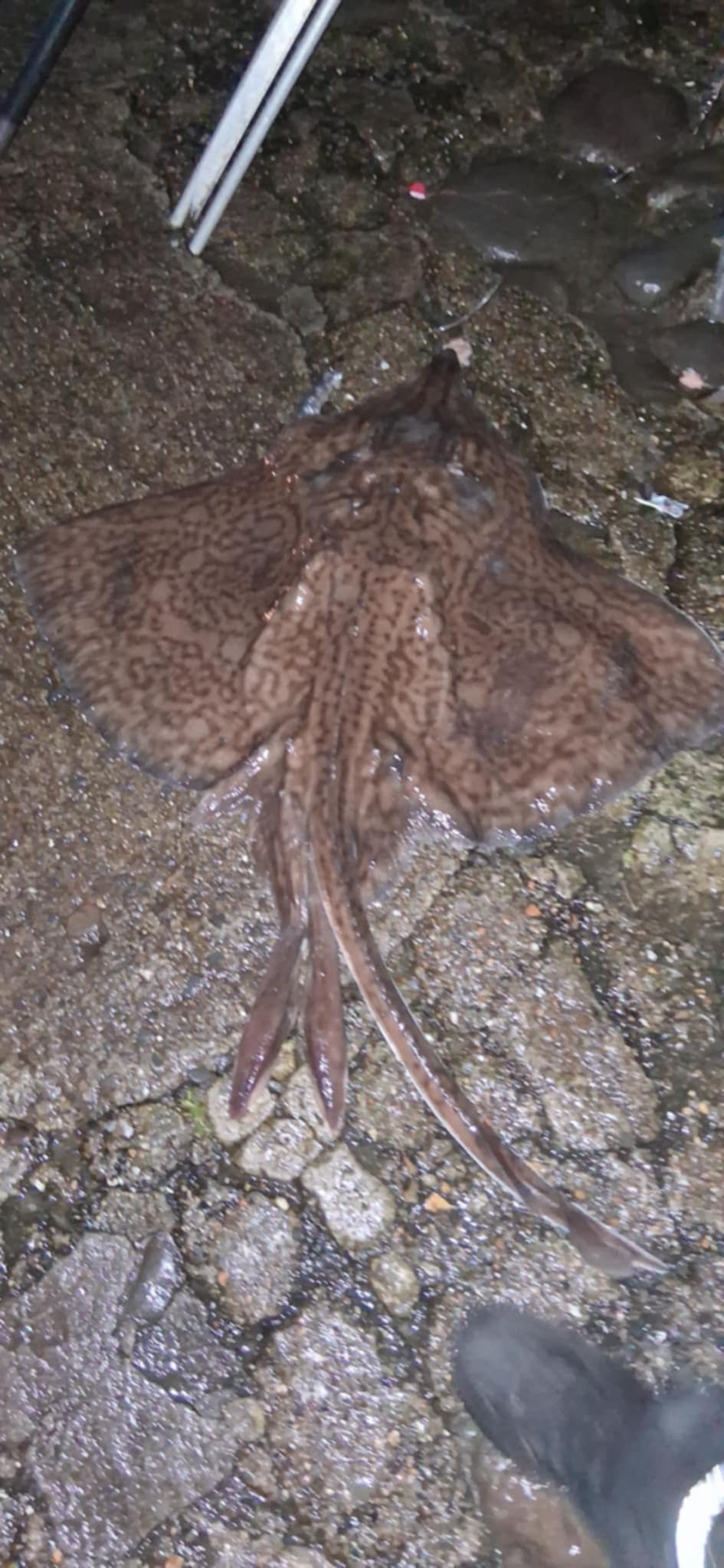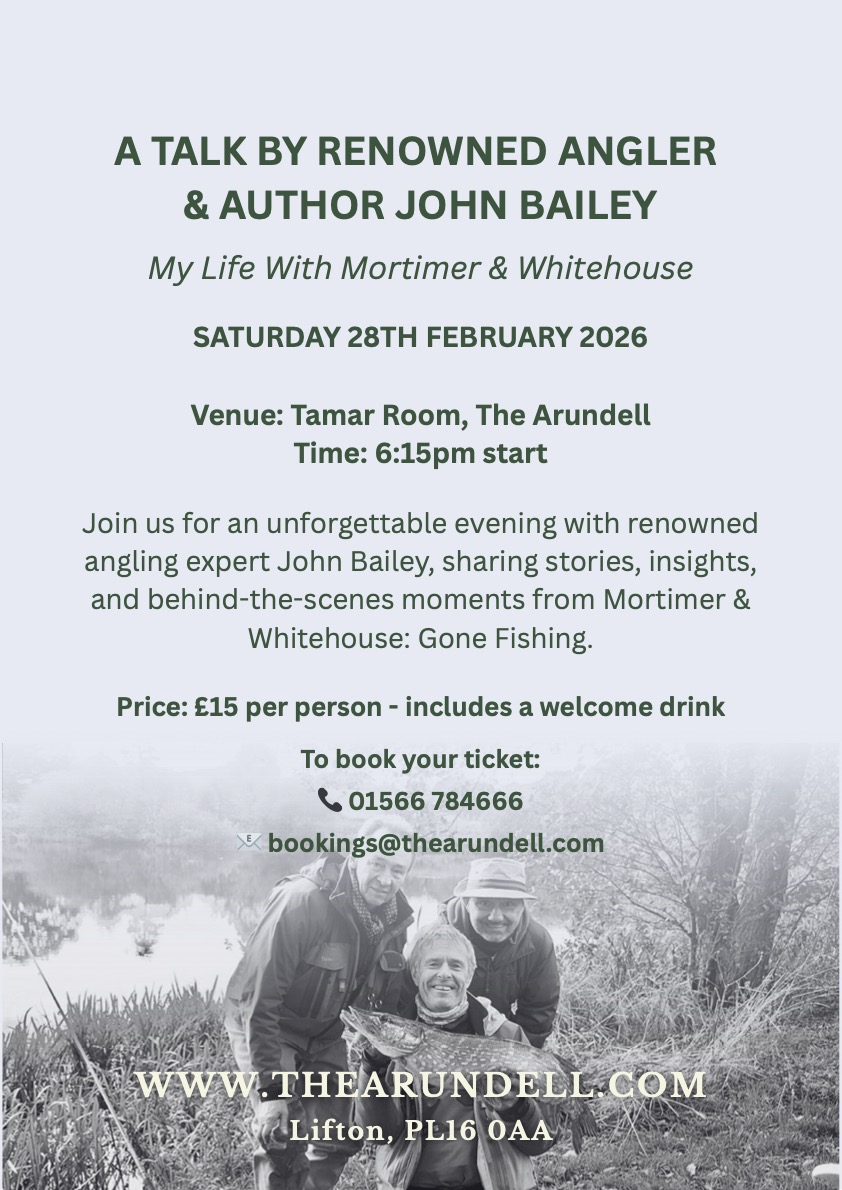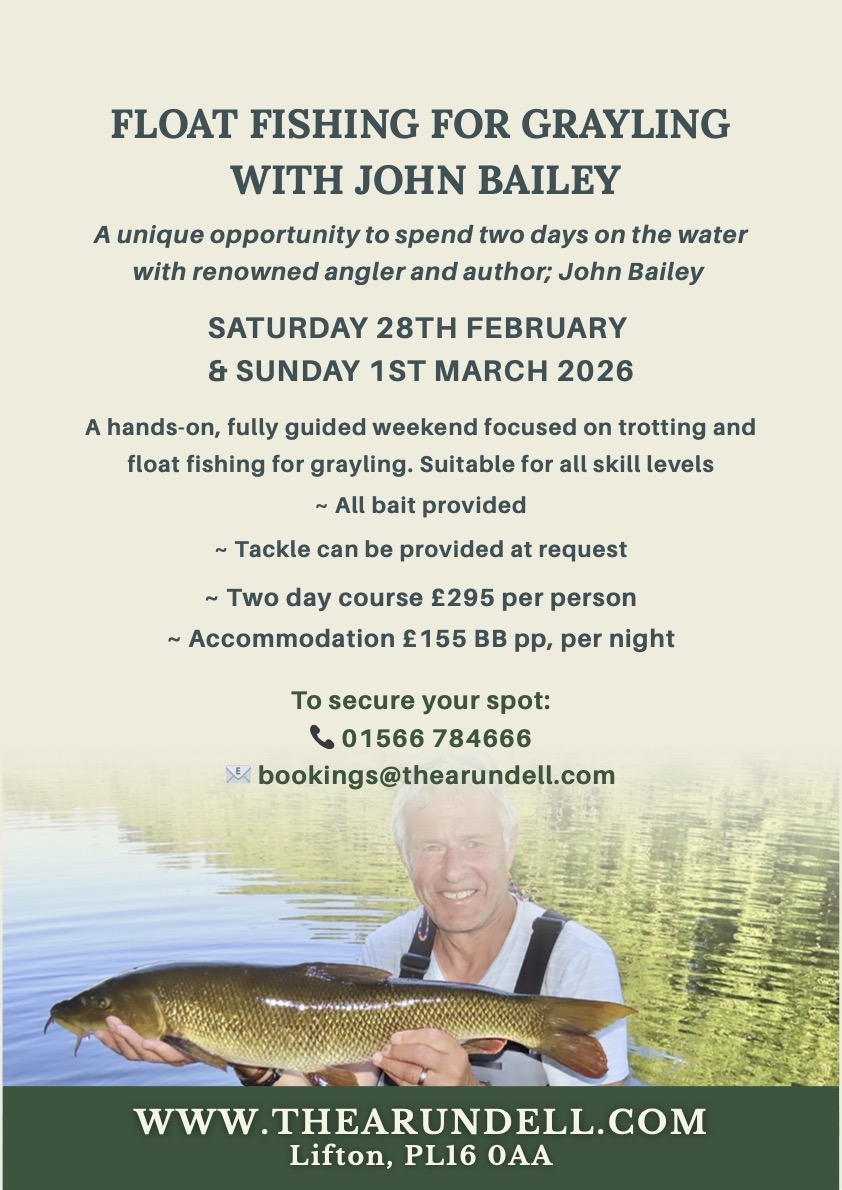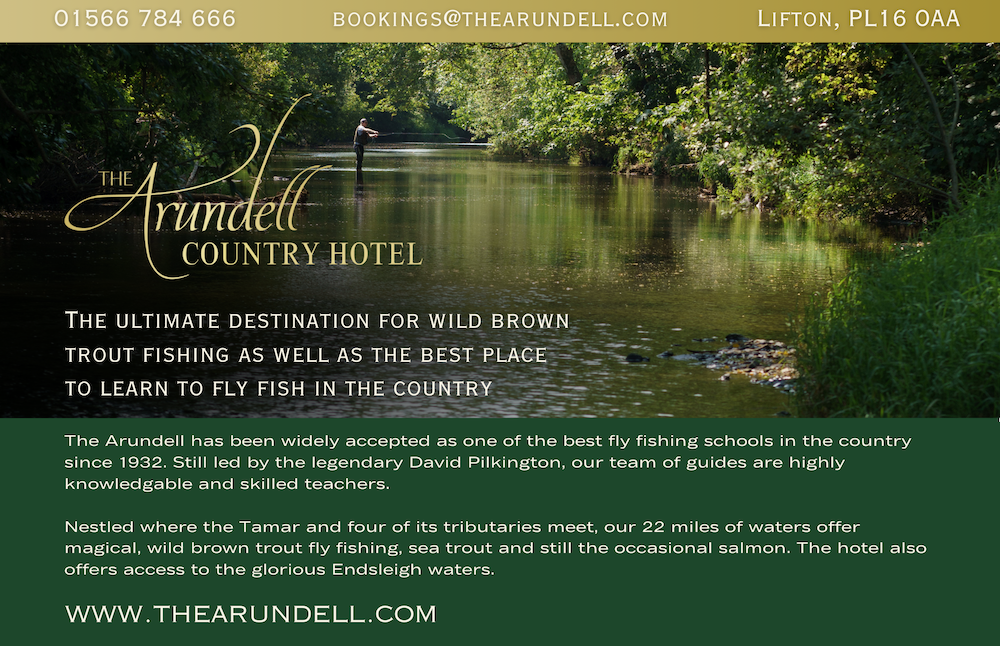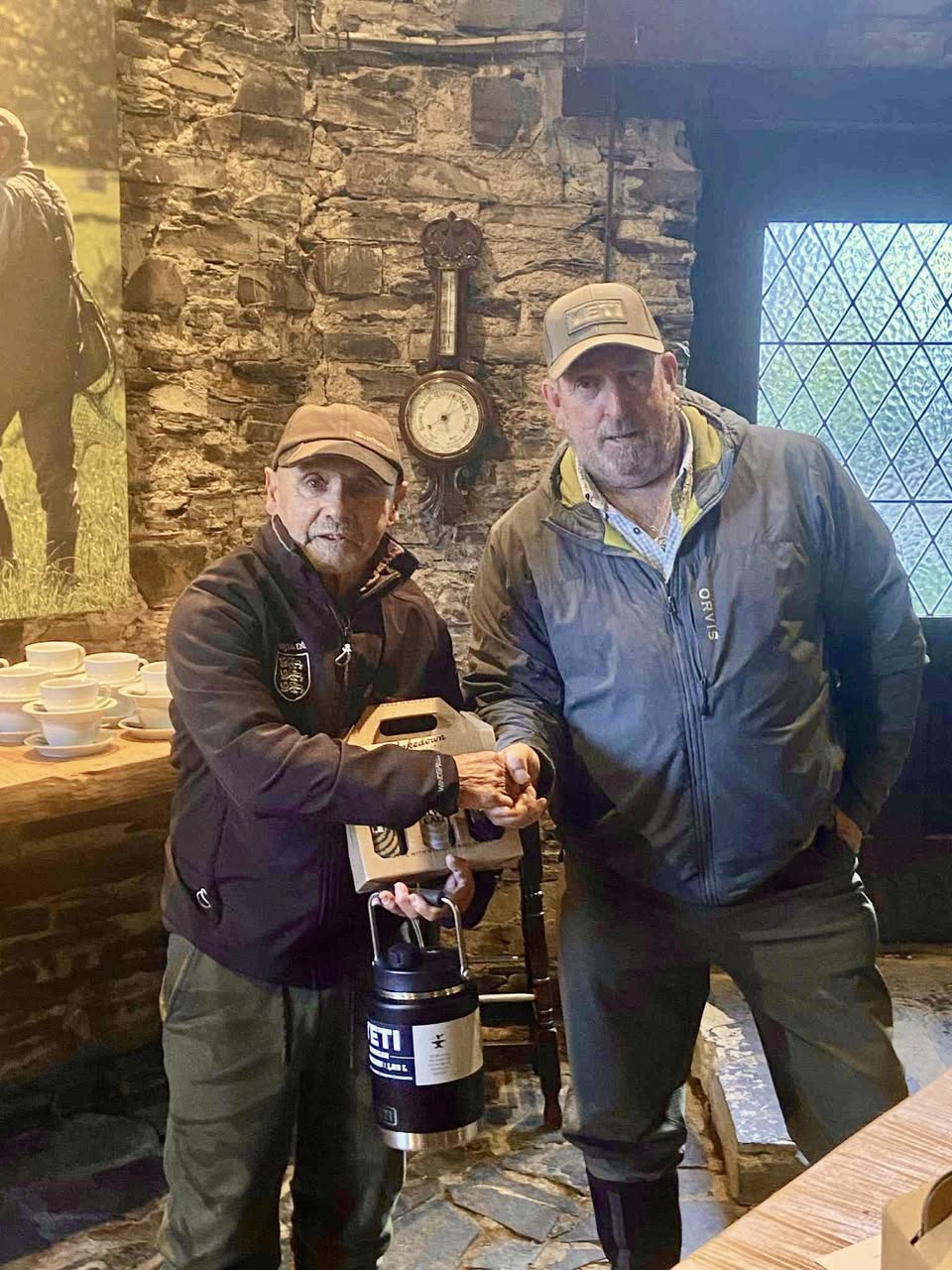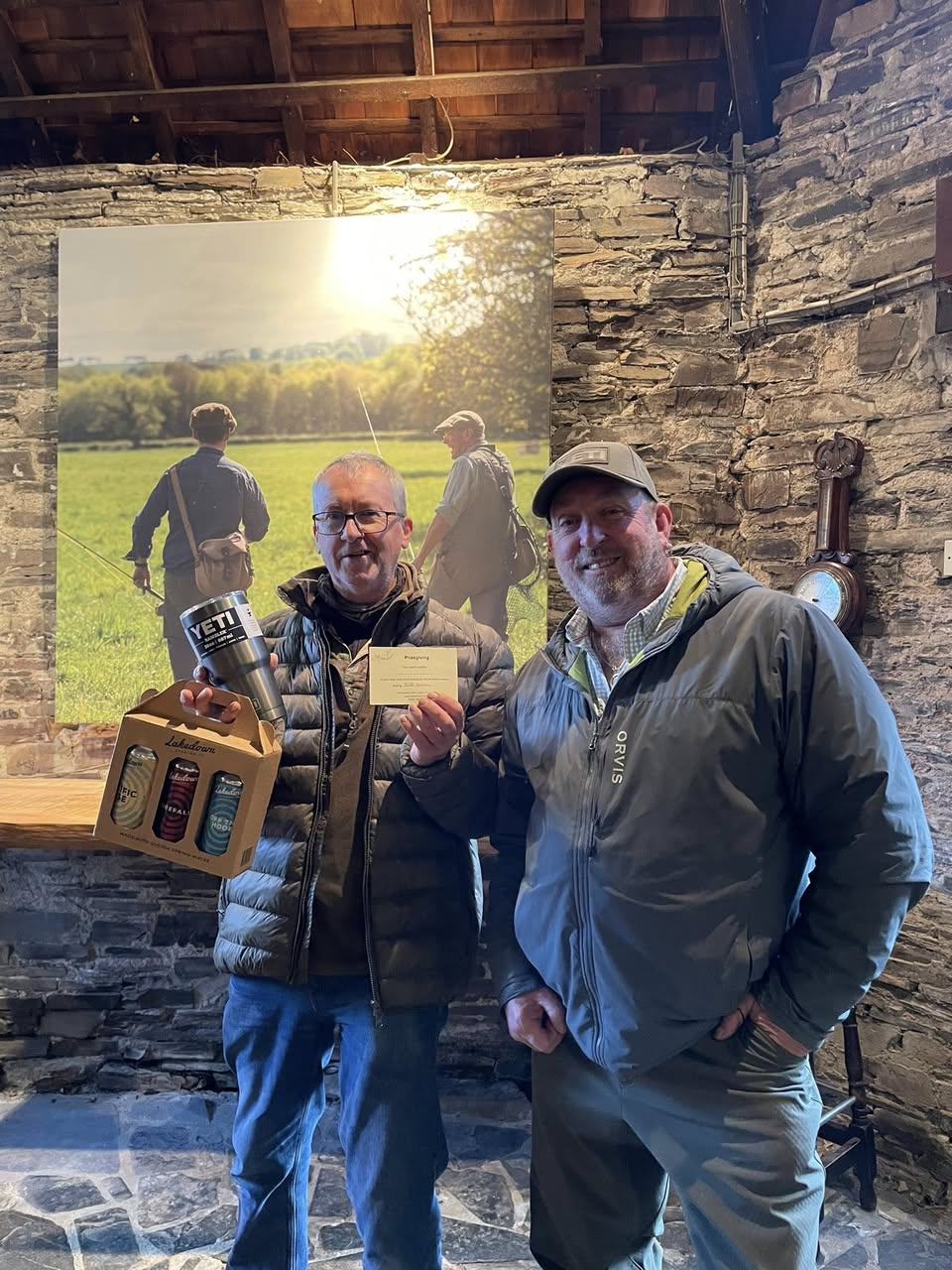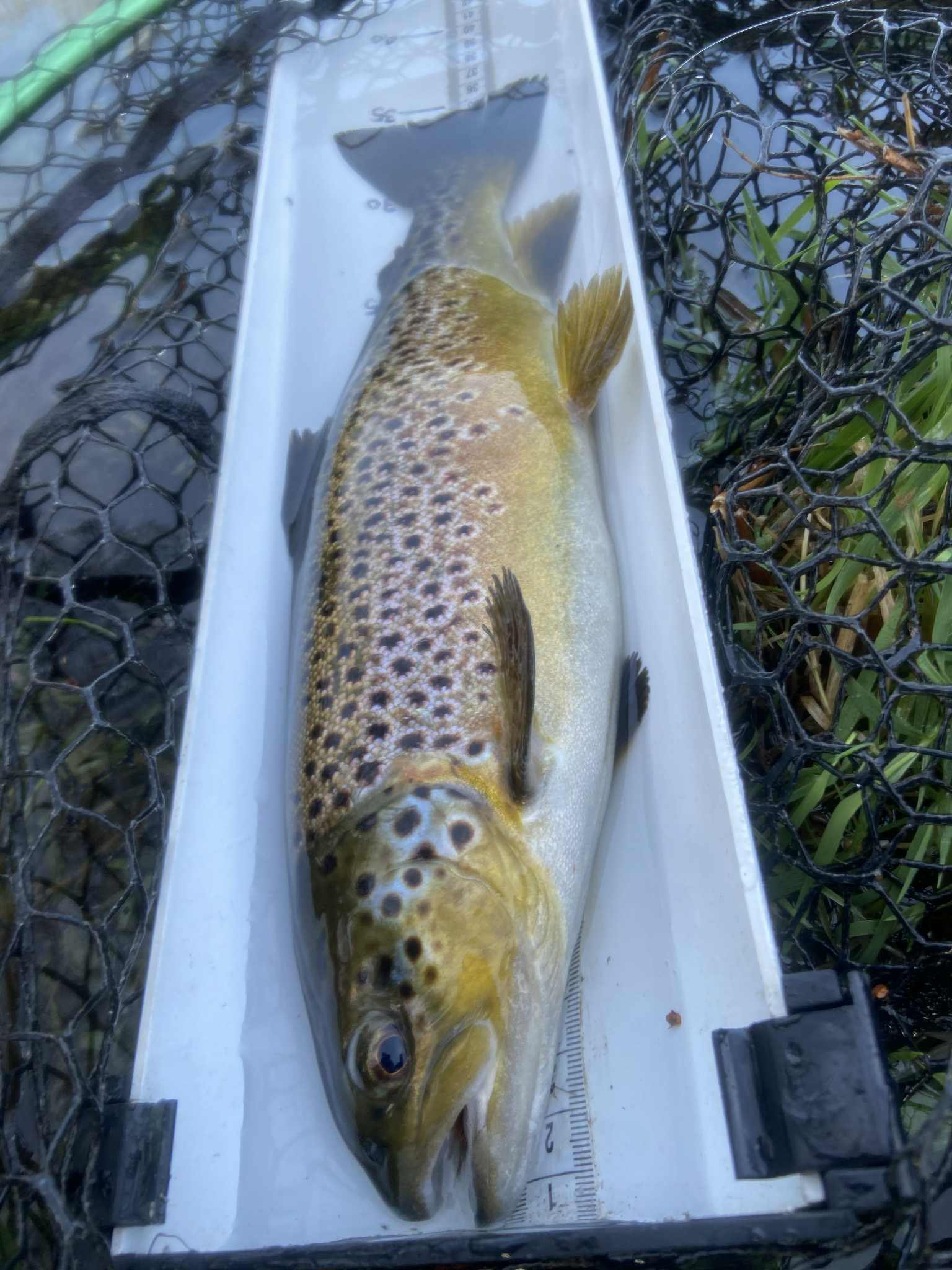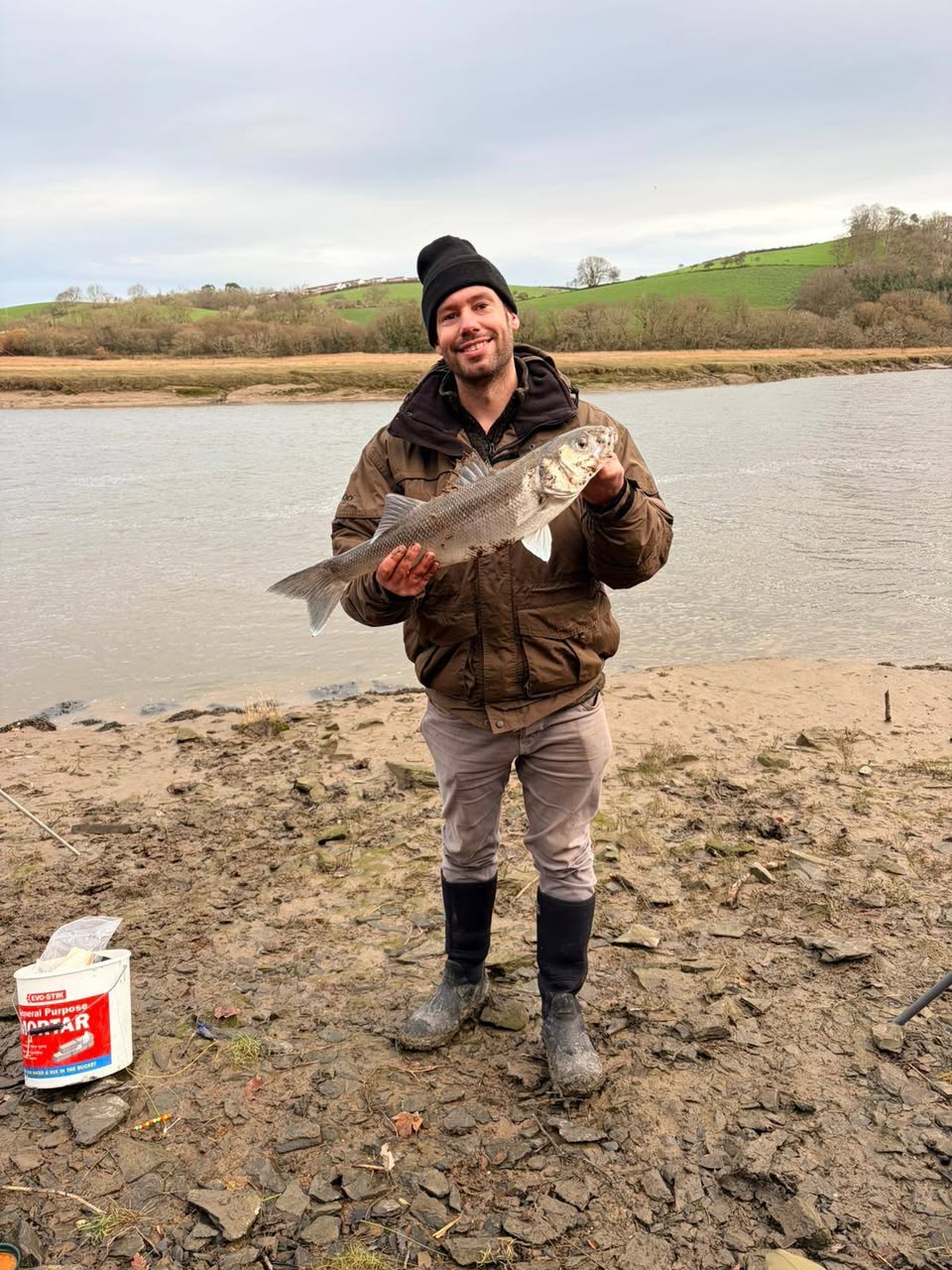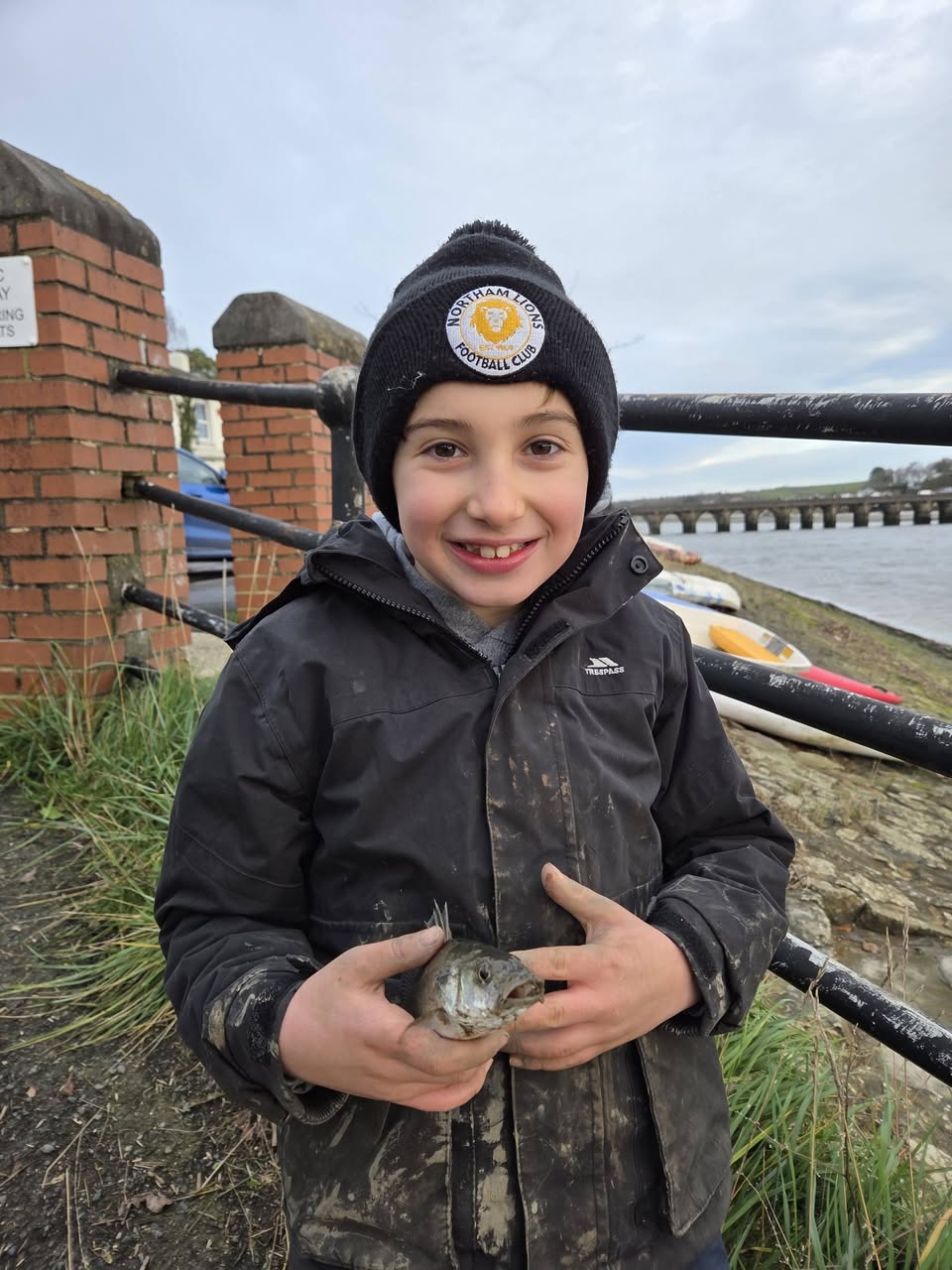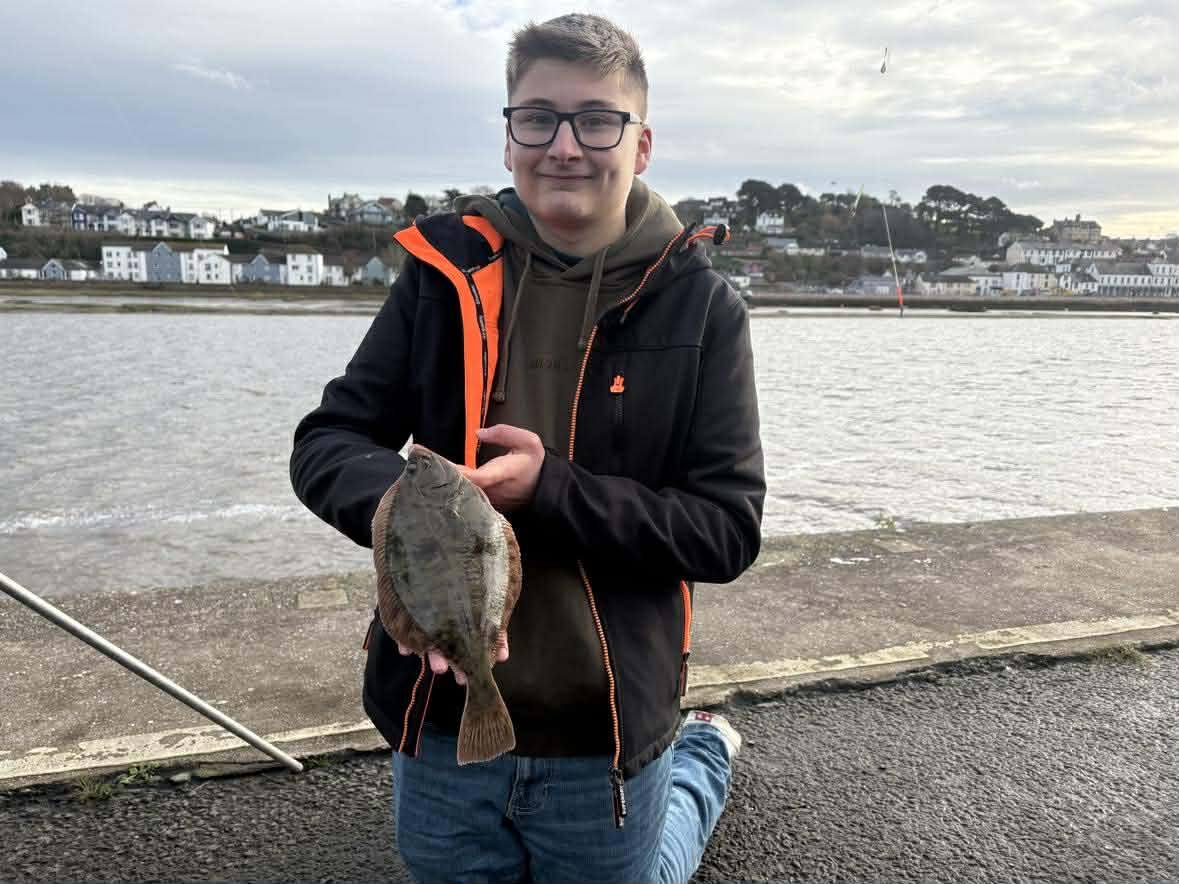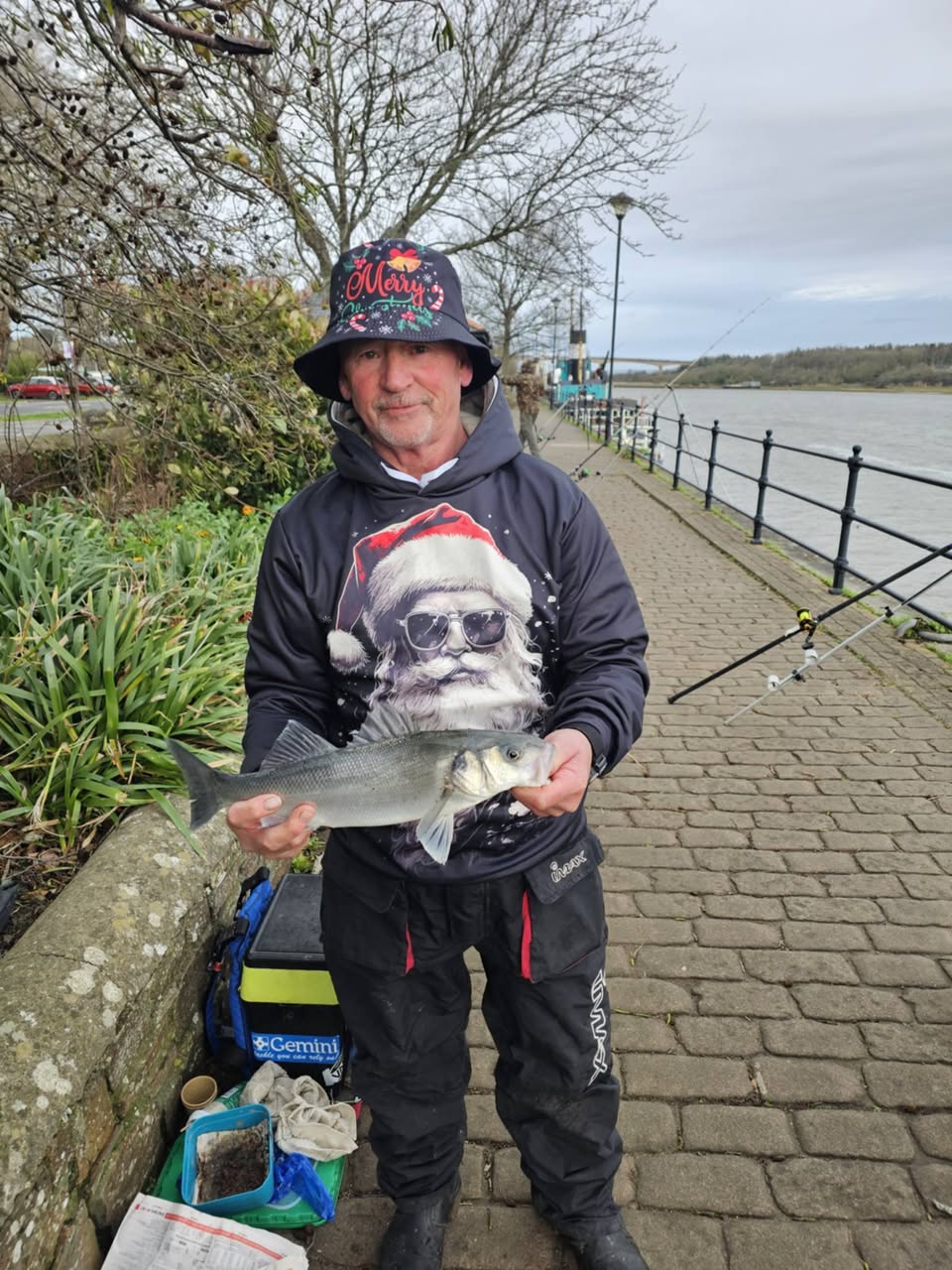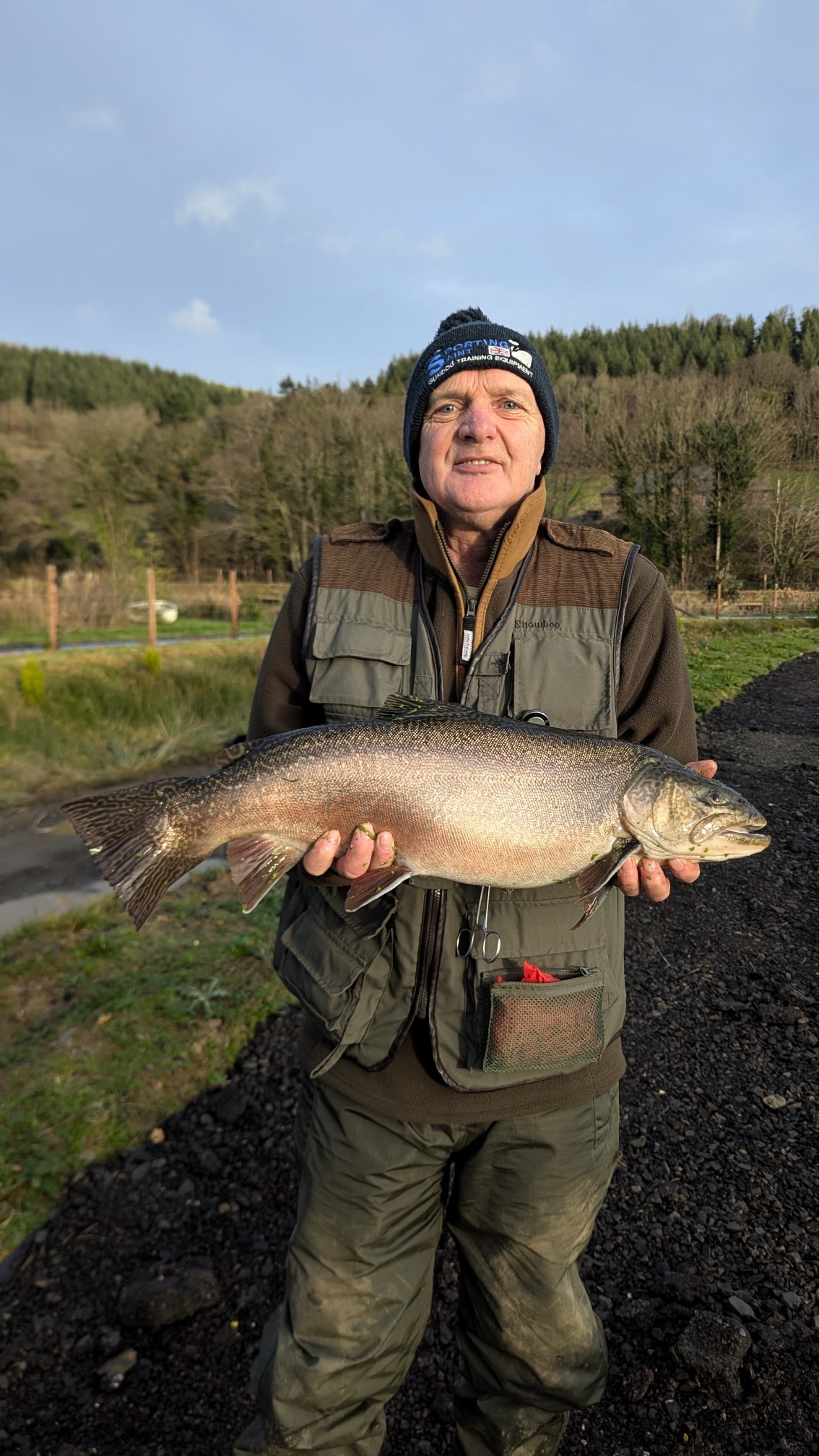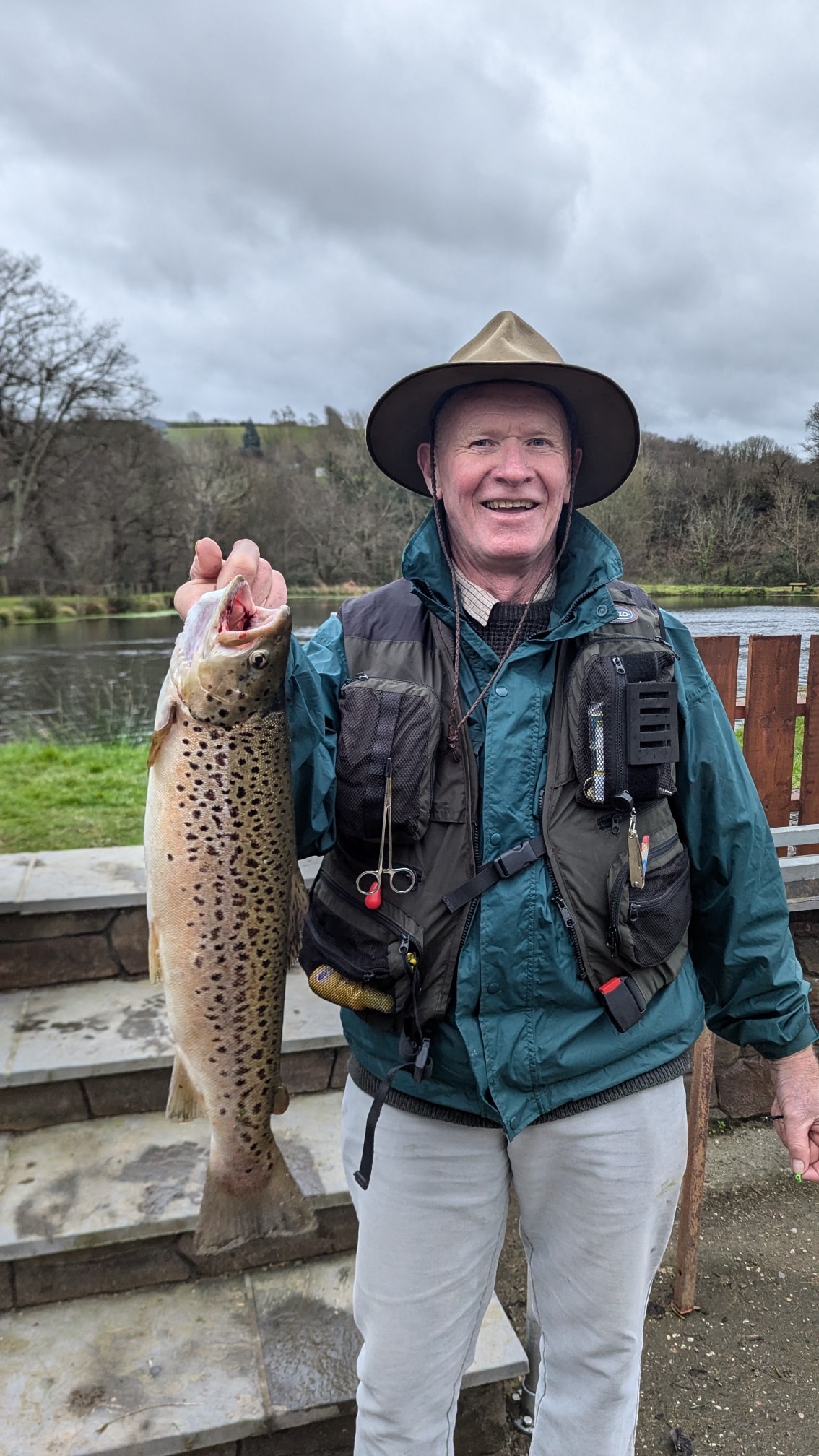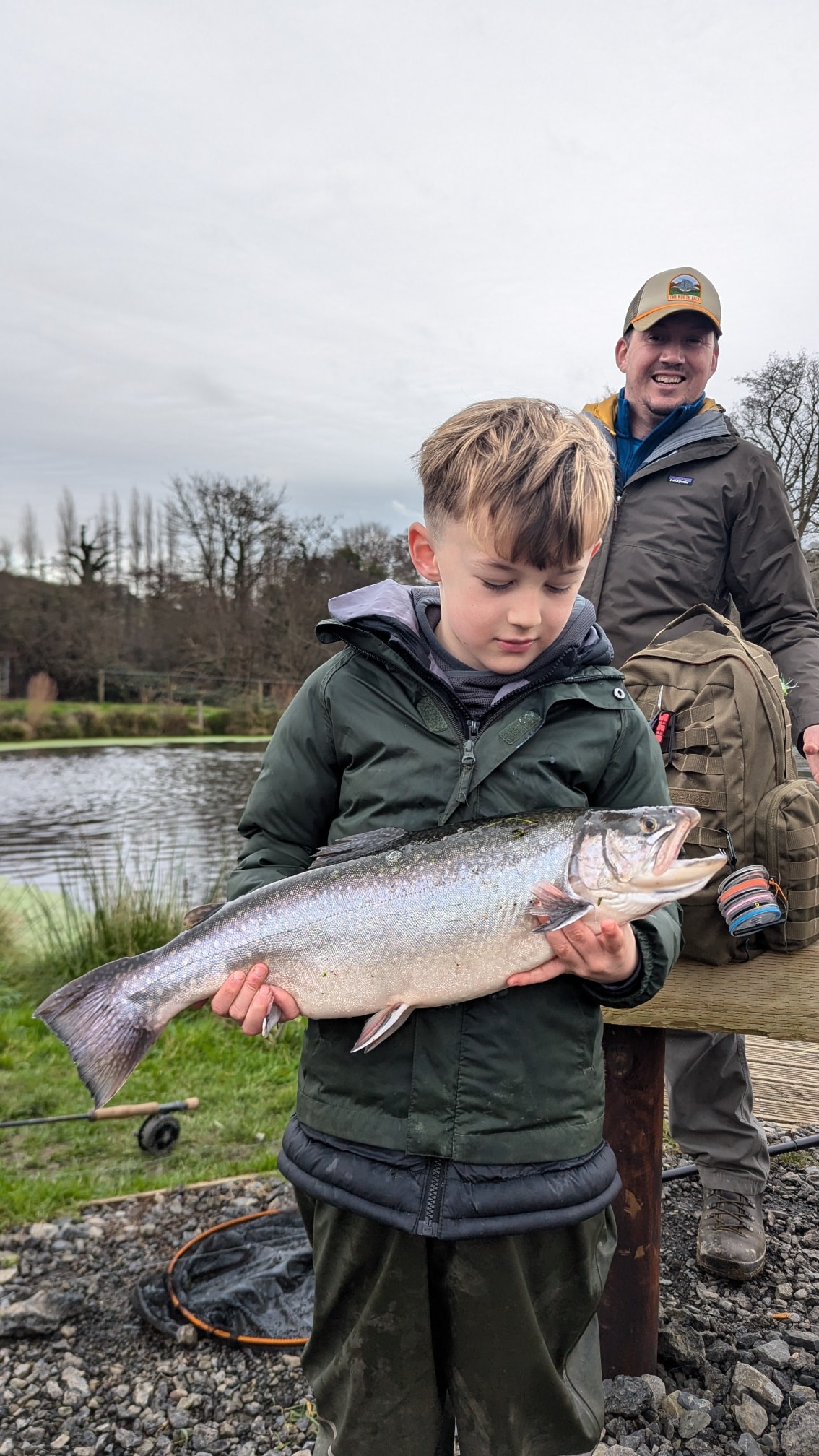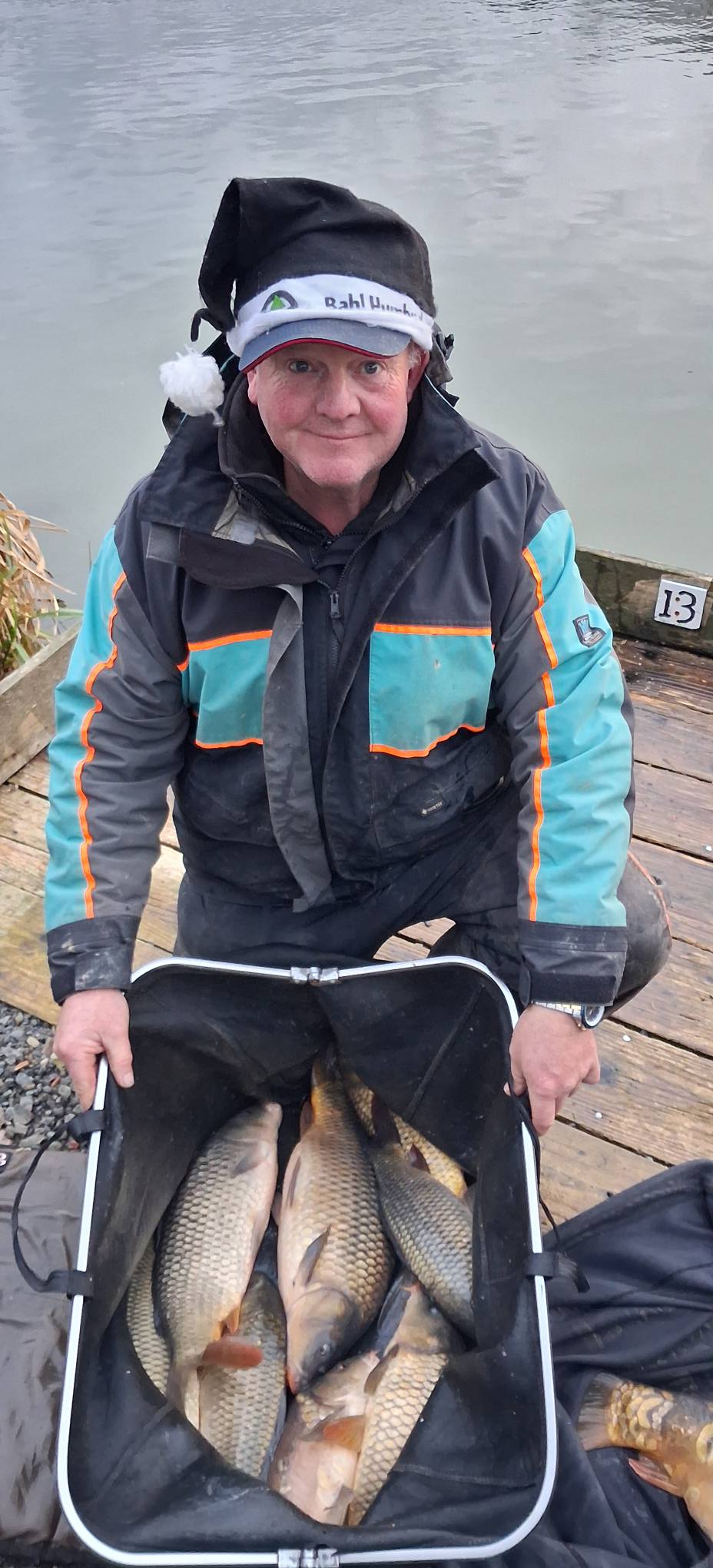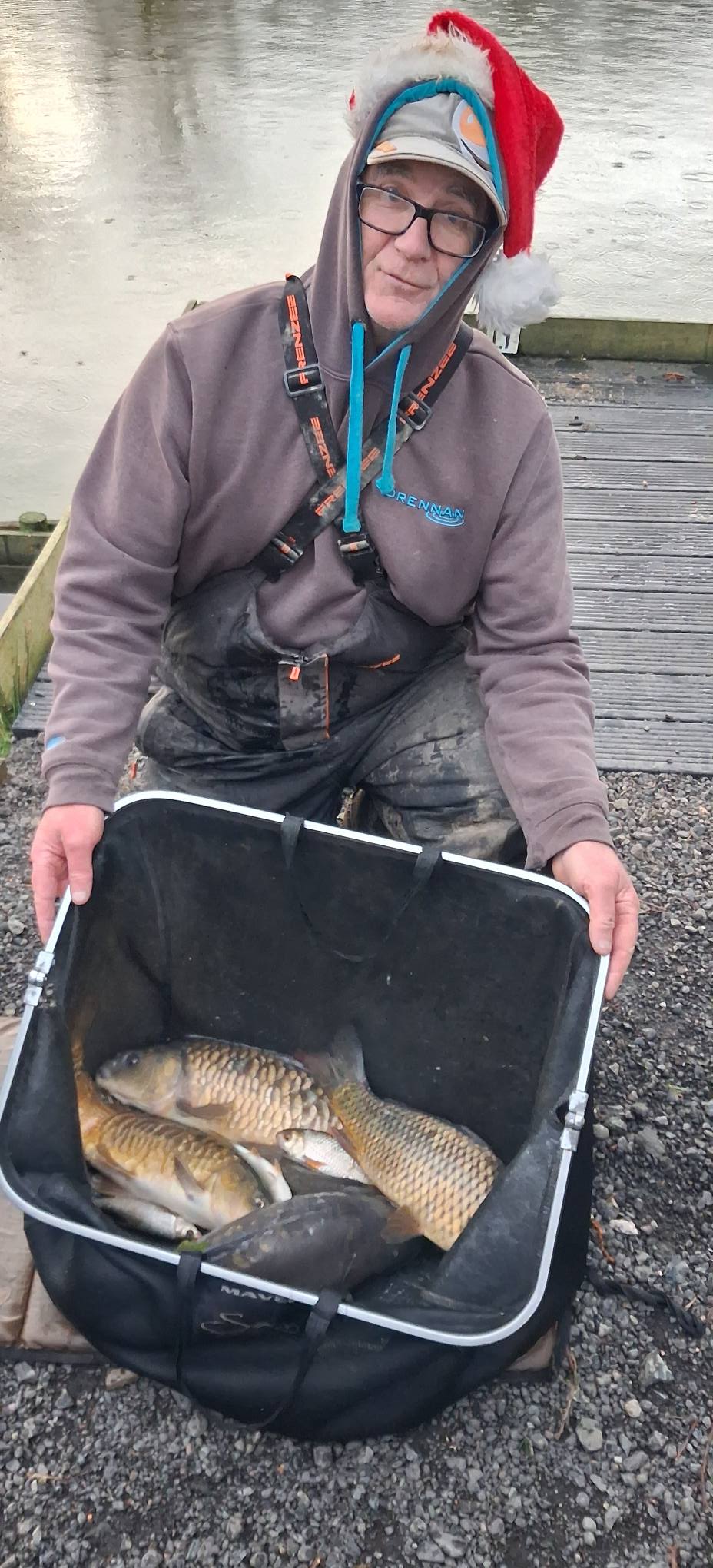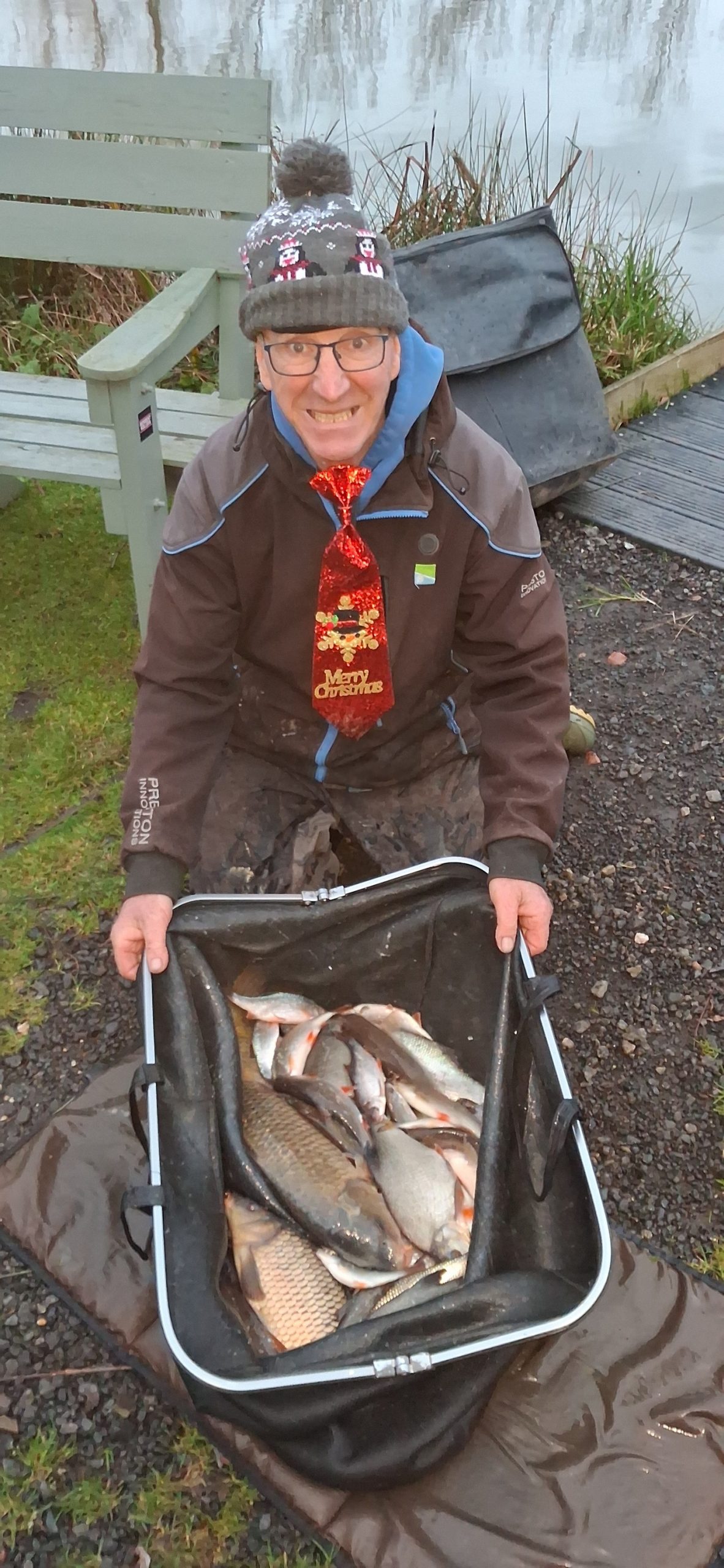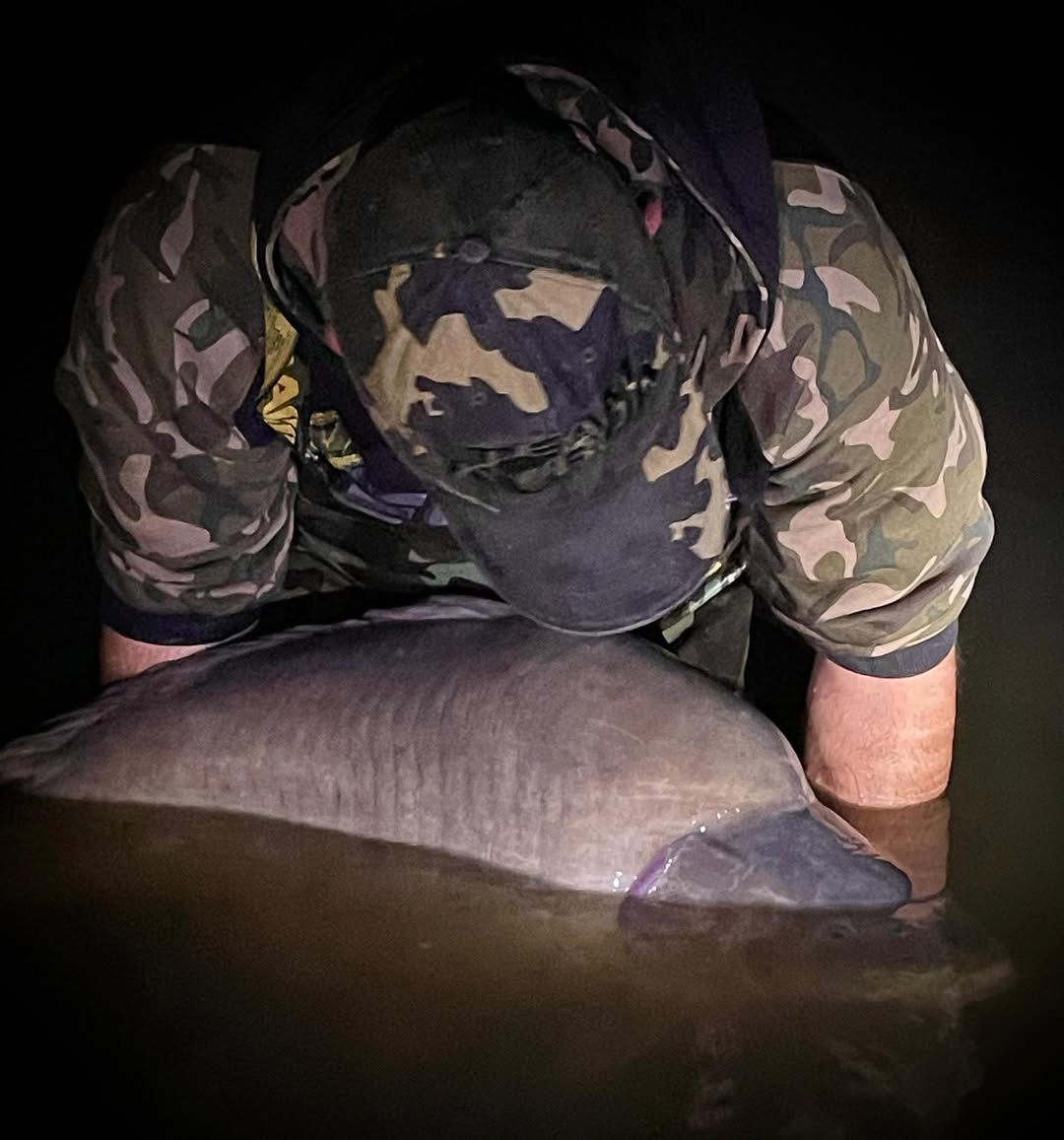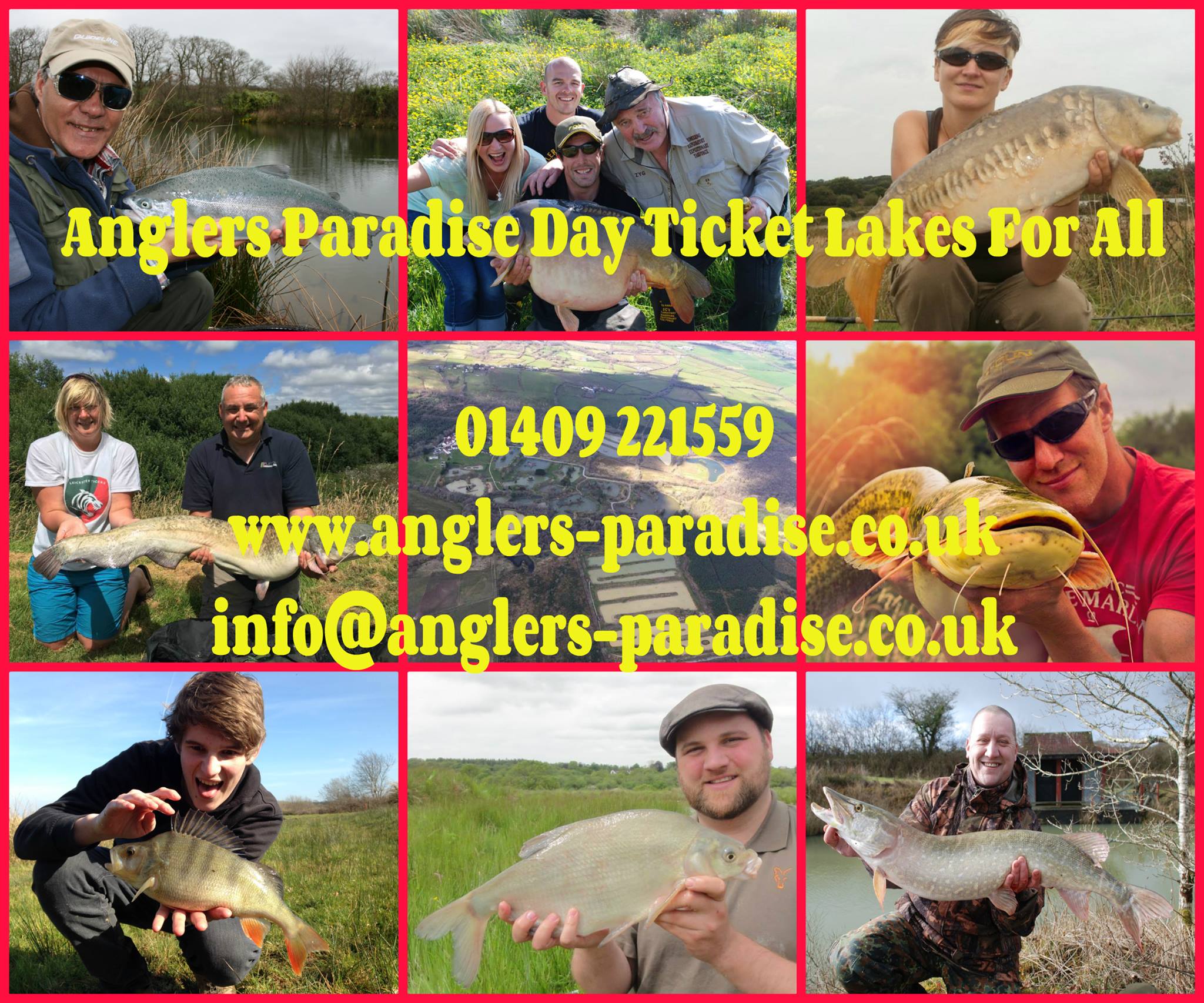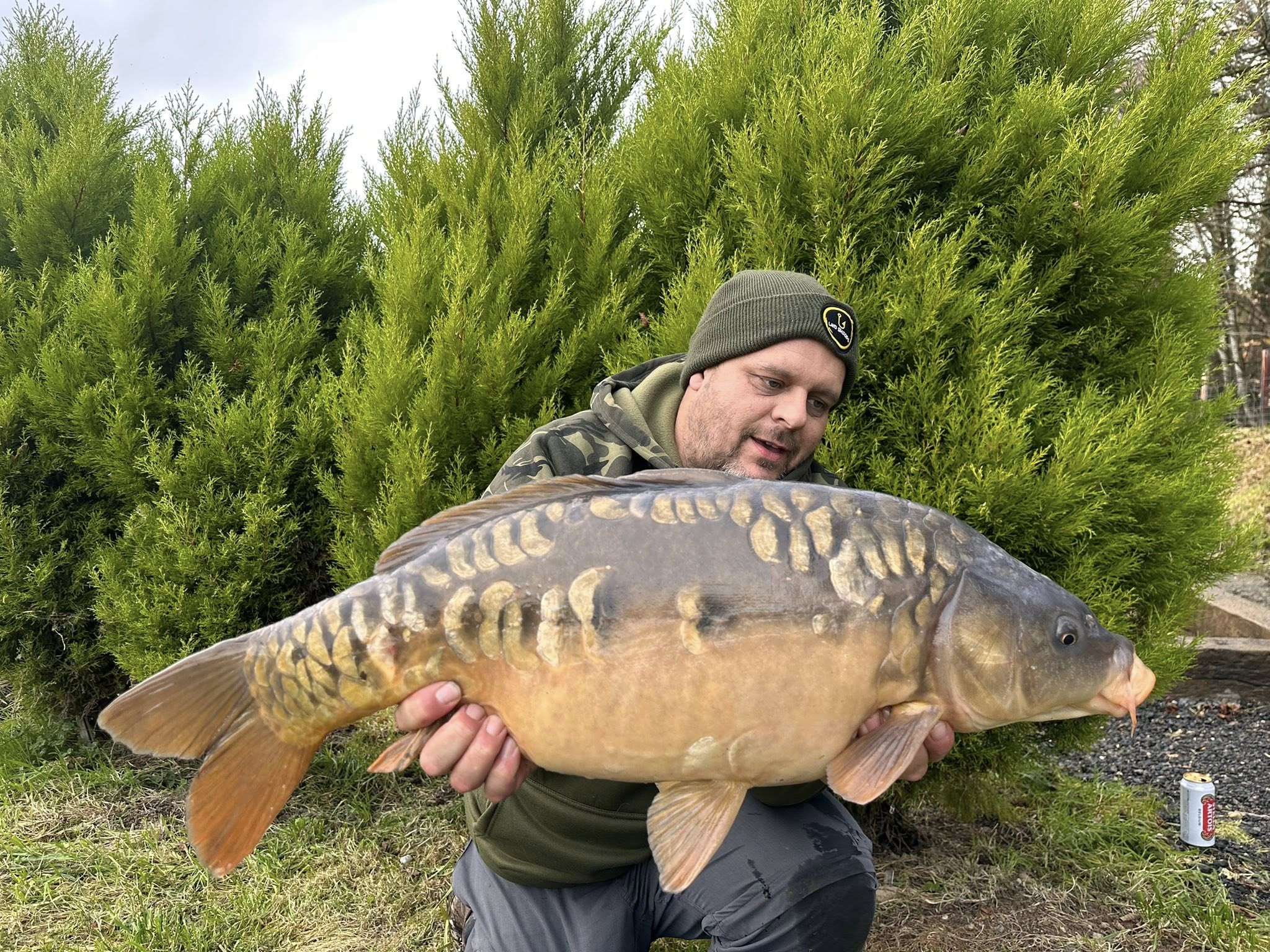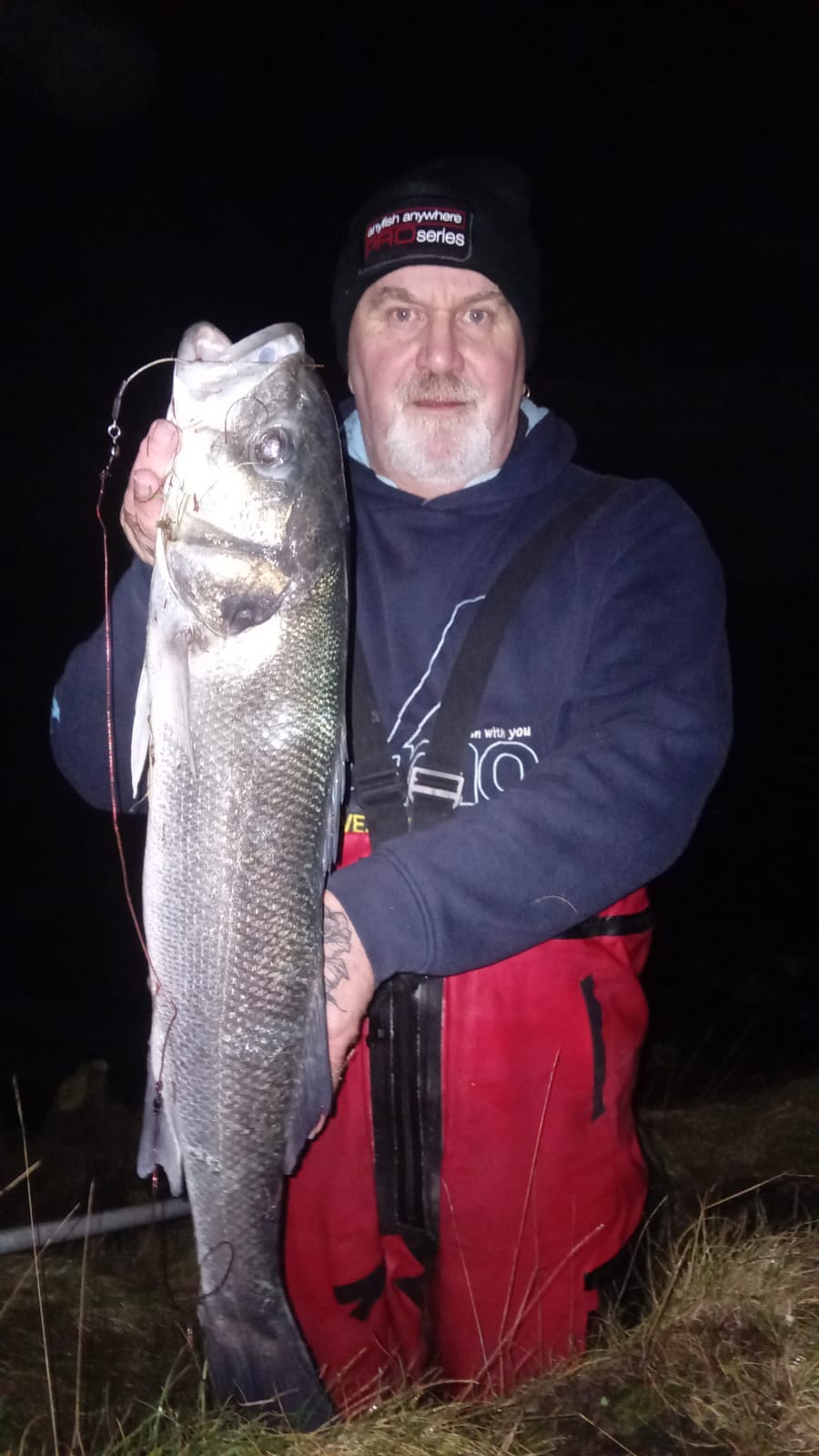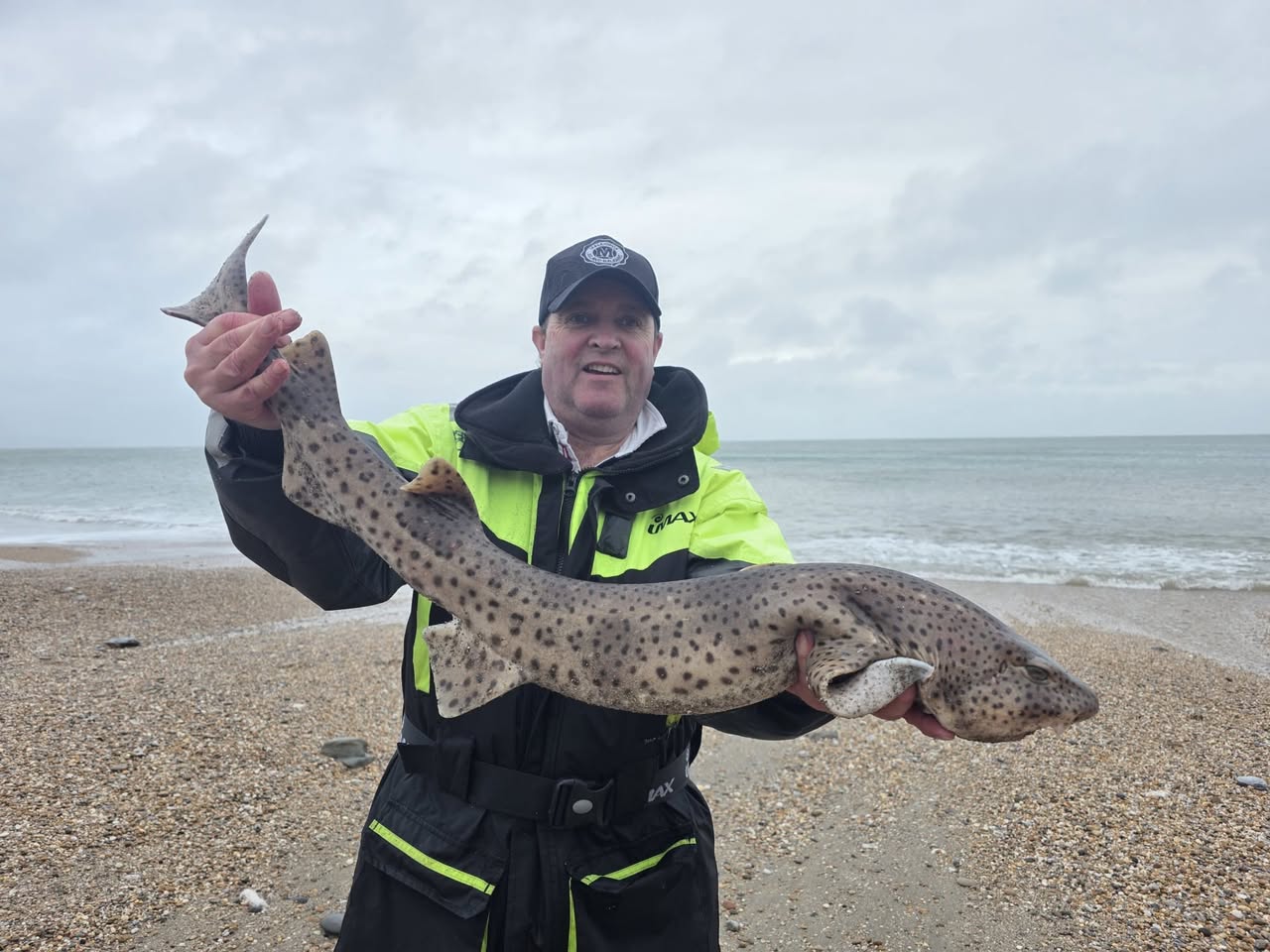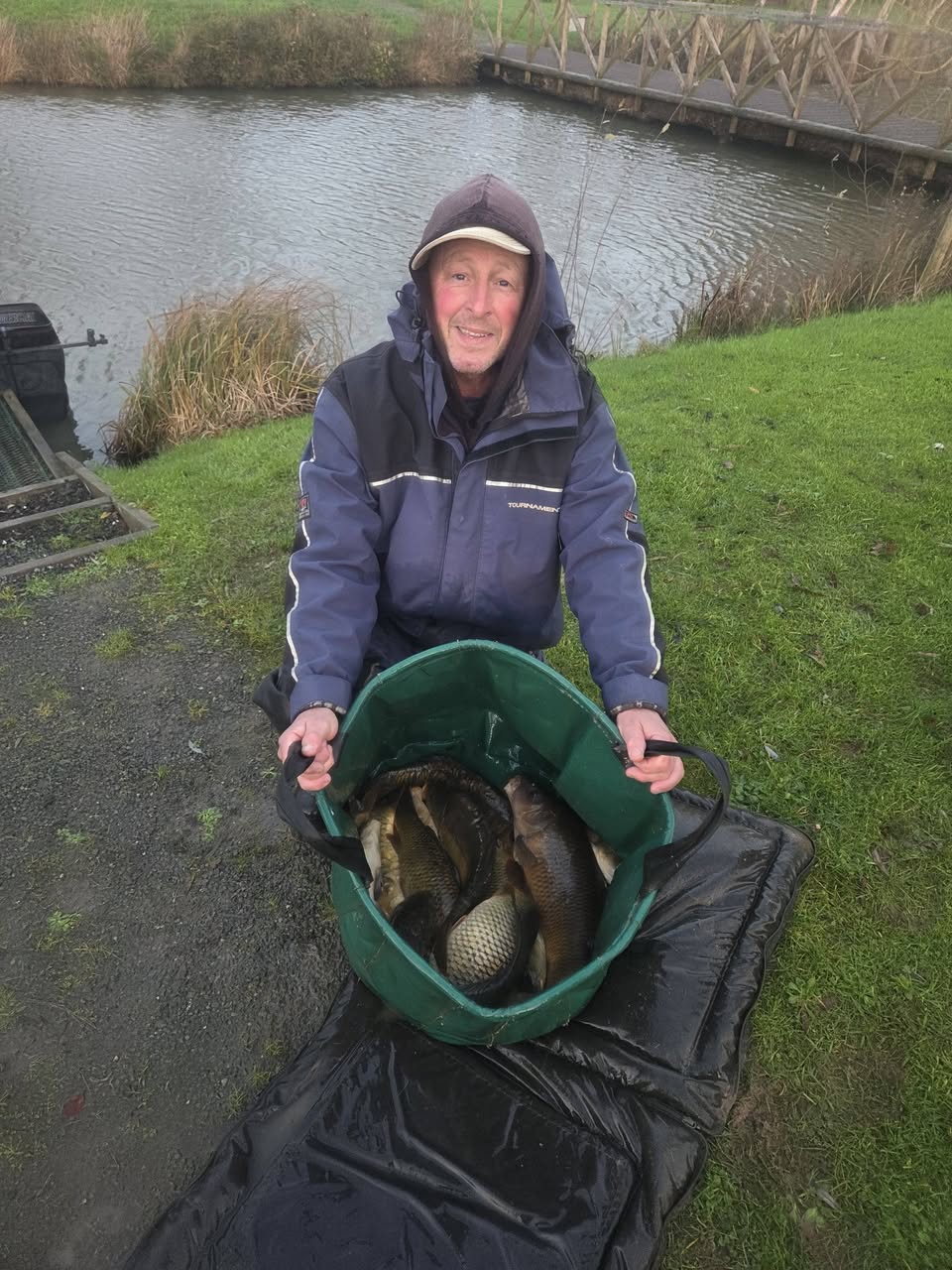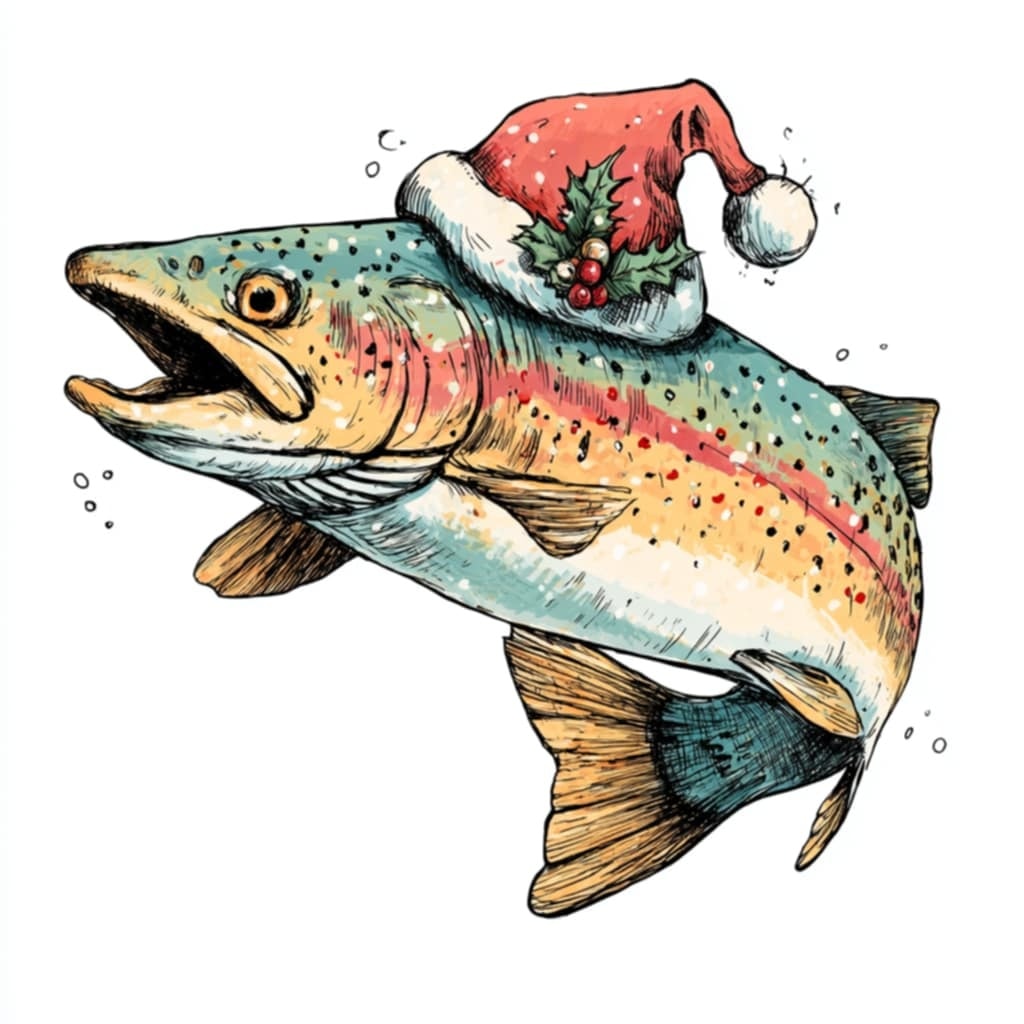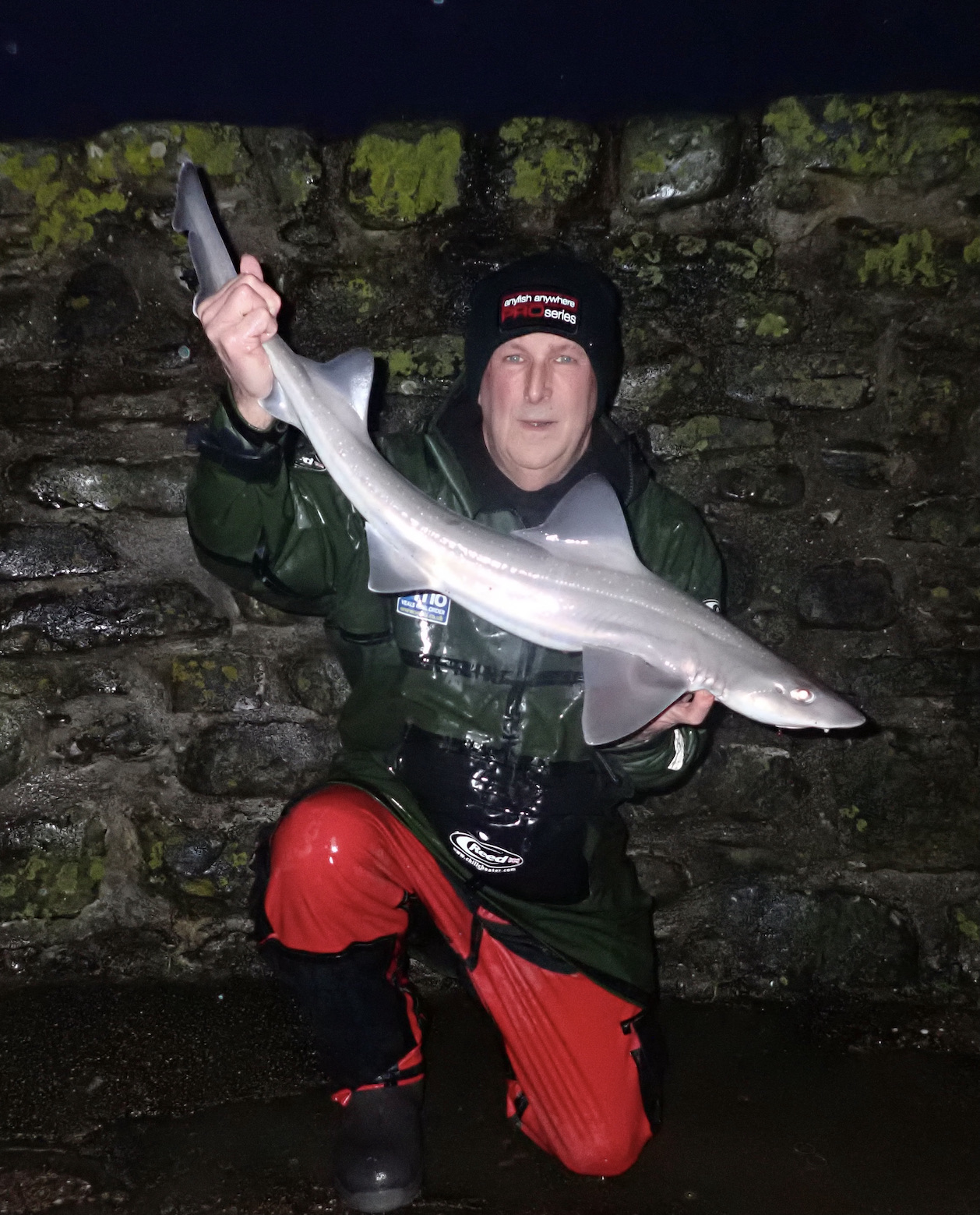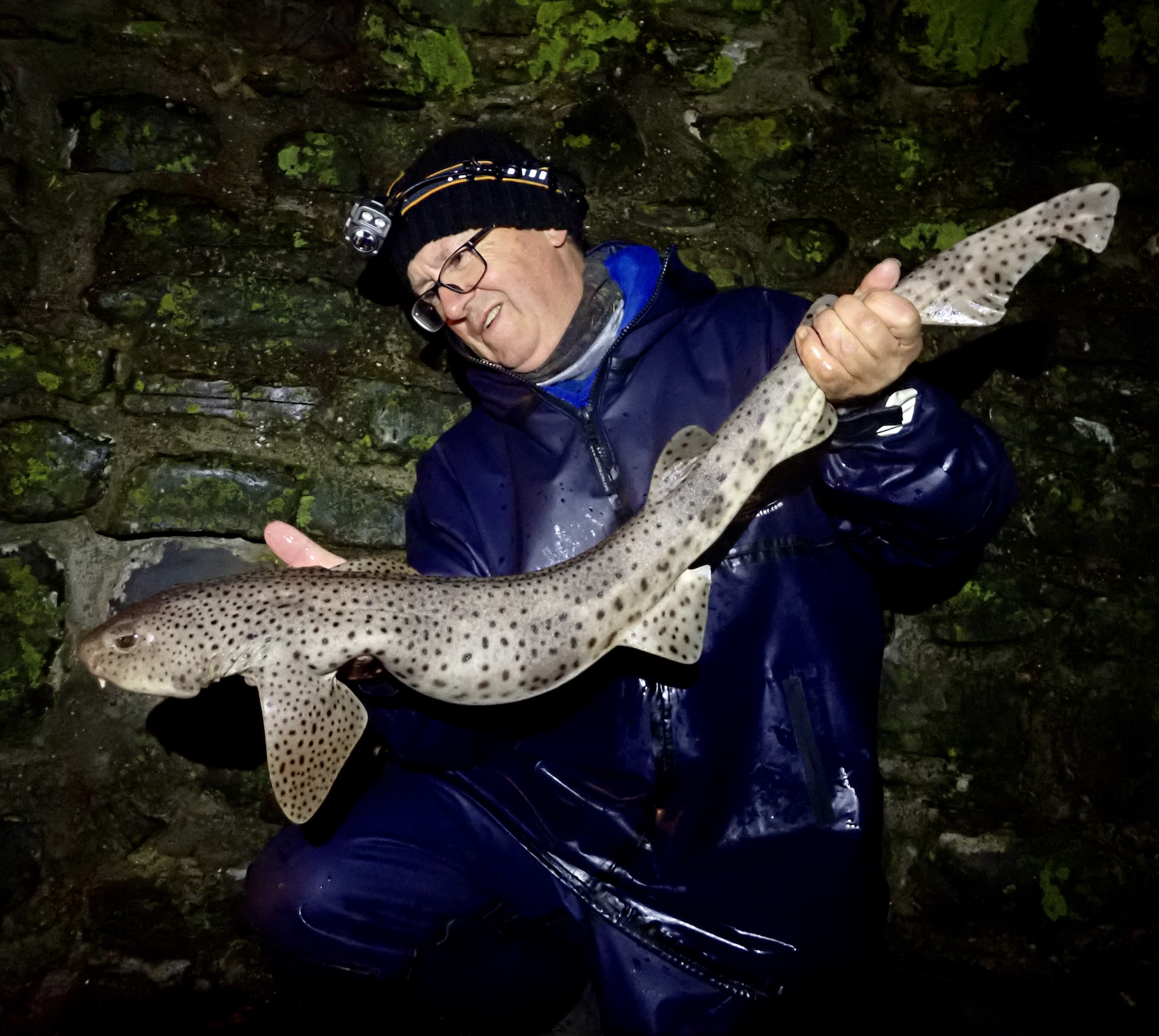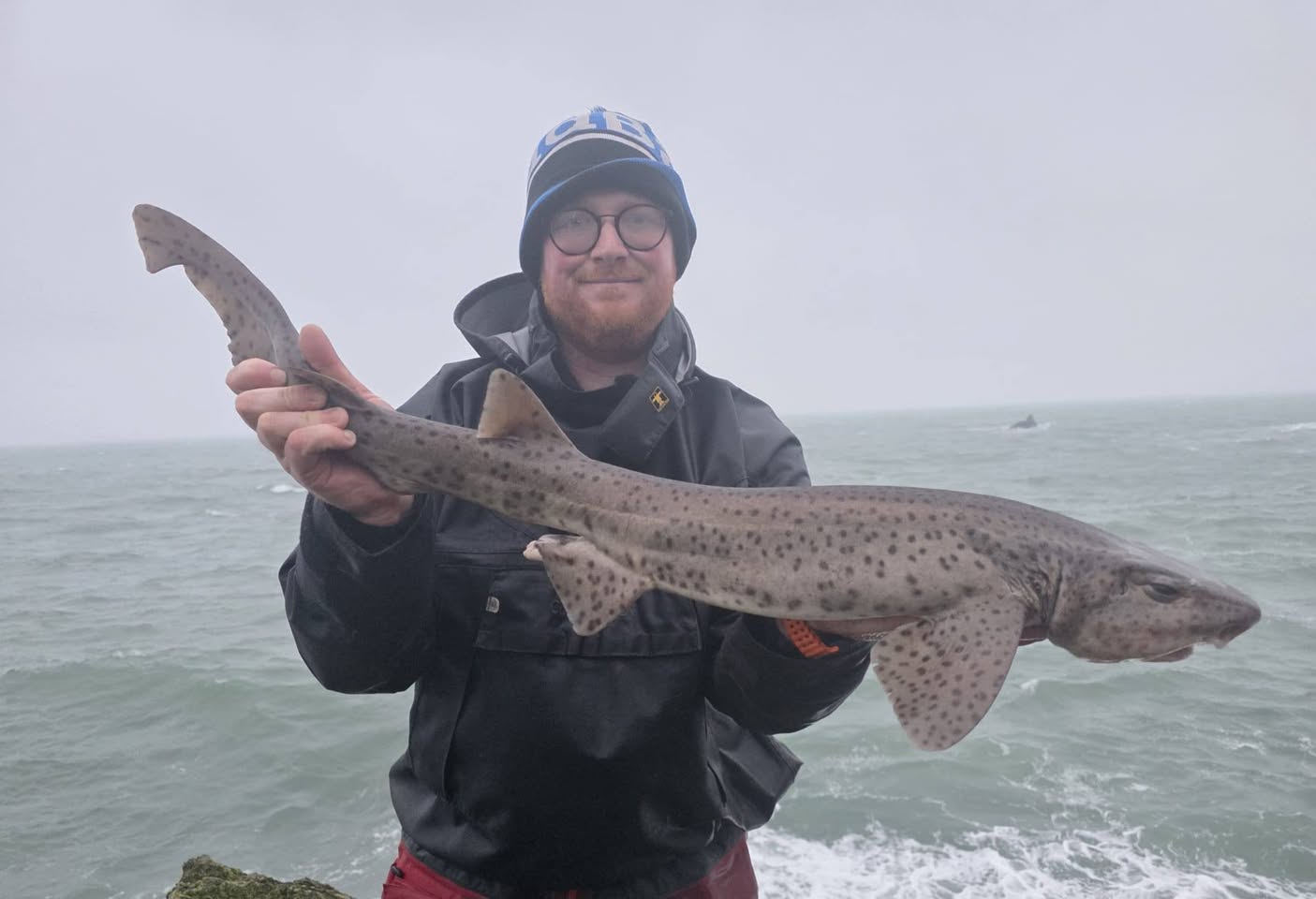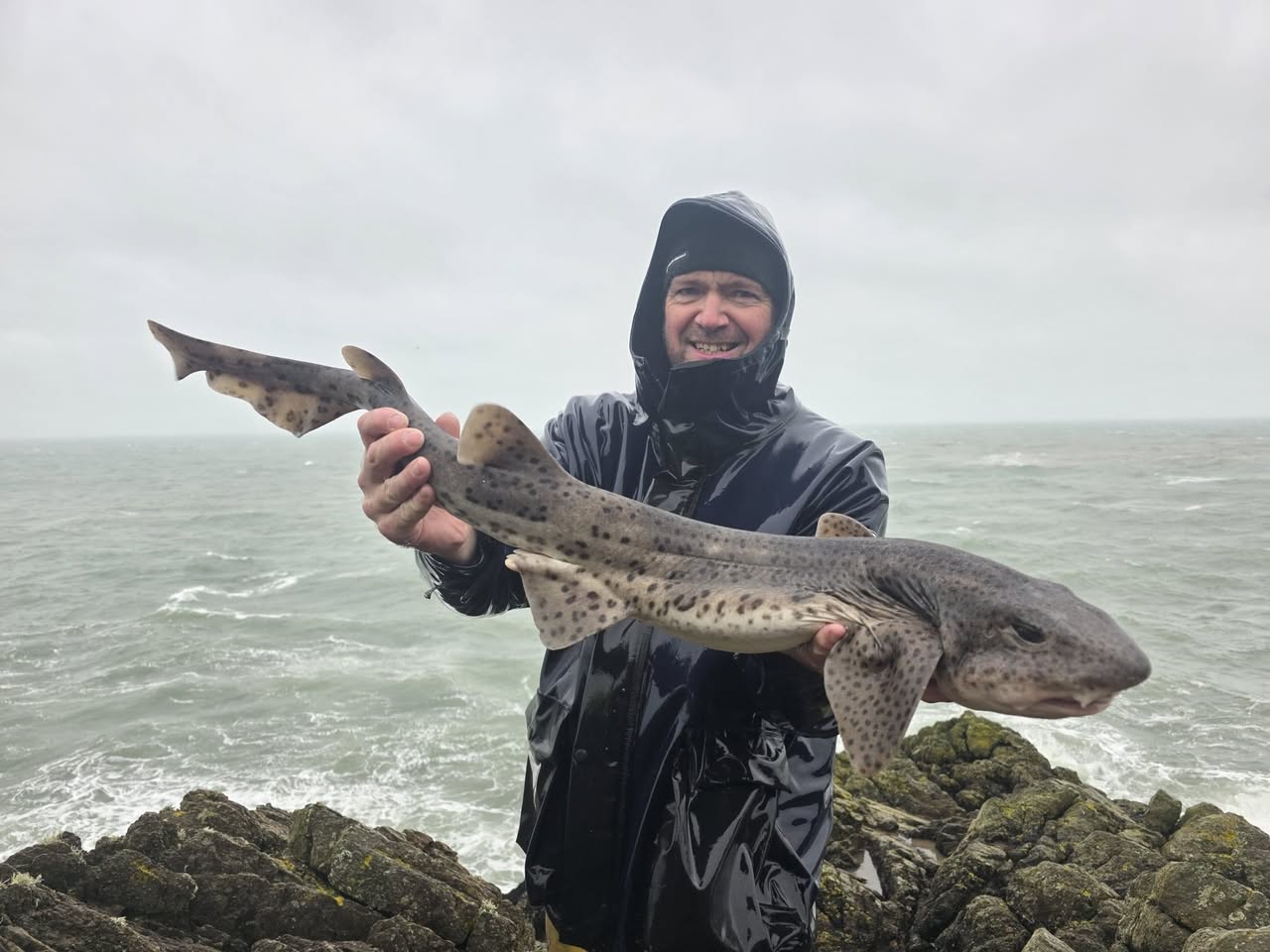A personal account of the day
The winding Devon roads took me over hills and through misty valleys as the sun slowly broke through illuminating the frosty landscape. It was a classic winter morning, sounds of the sixties on the radio and a day’s fishing to look forward to.
I arrived at my destination the Arundell shortly after 8:00am and joined Rodney Wevill and other Fluff Chucker’s in the car park as the days shooting party scurried around in readiness for their day ahead.
After a brief catch up we headed into the historic Cockpit building for bacon baps and freshly brewed coffee. Anticipation for the day ahead was high and fuelled by tales of previous trips and adventures.
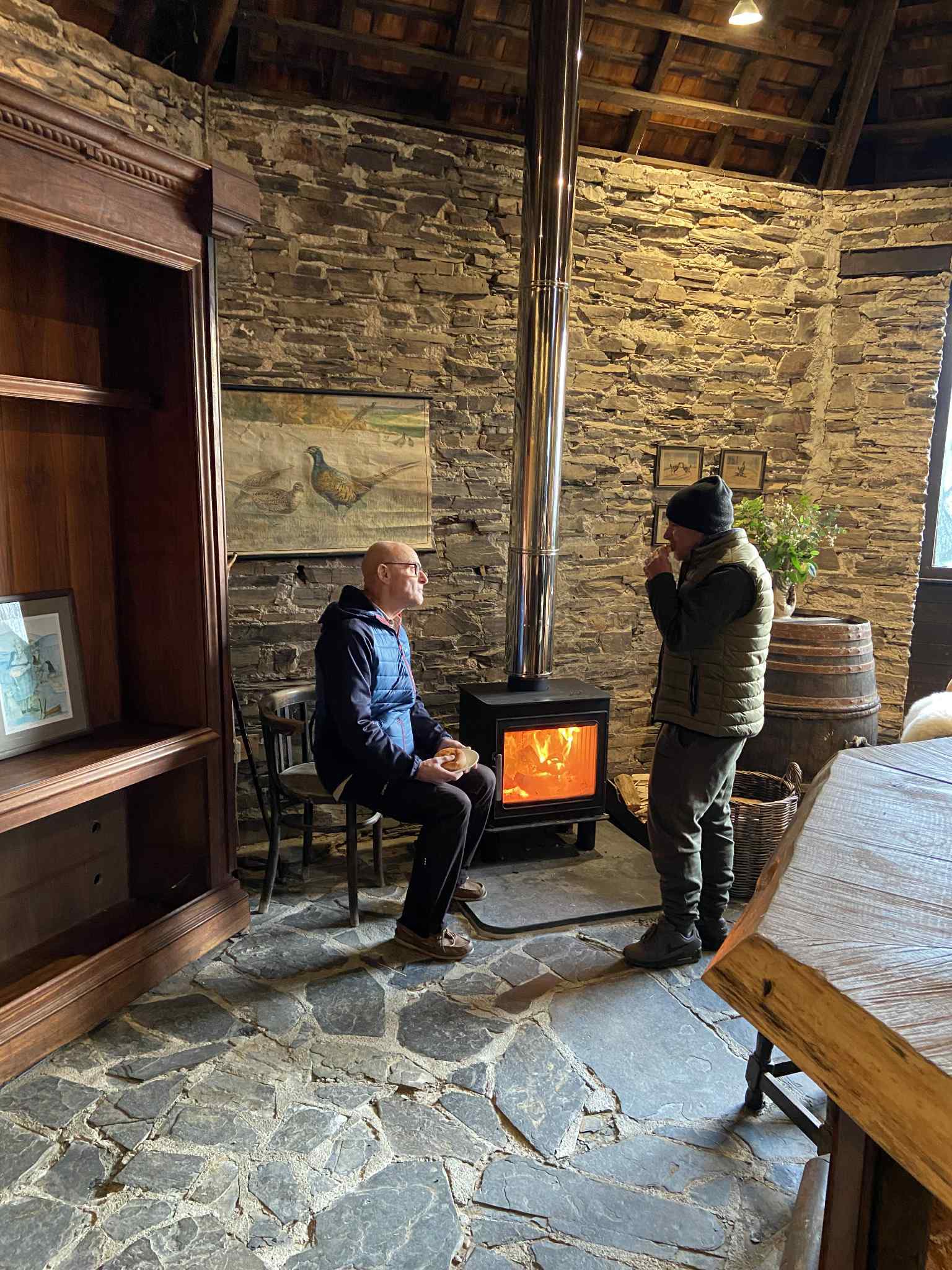
In addition to several miles of river fishing for salmon, sea trout, brown trout and grayling the Arundell has its own lake. The lake is an old flooded quarry with crystal clear water that is regularly stocked with brown and rainbow trout. Despite the average stock size being between 1lb 8oz and 2lb far larger trout are known to lurk within the deep dark waters.
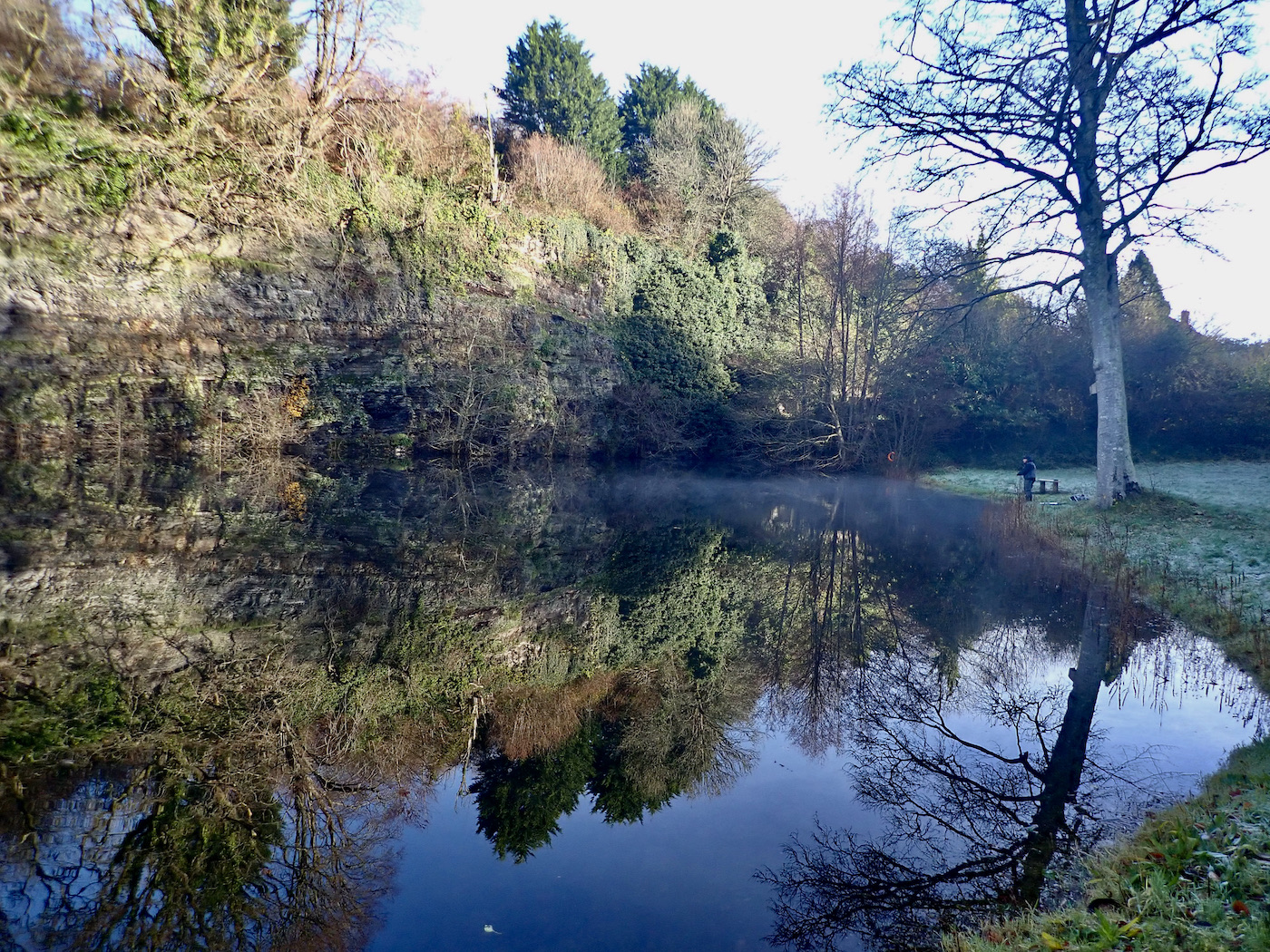
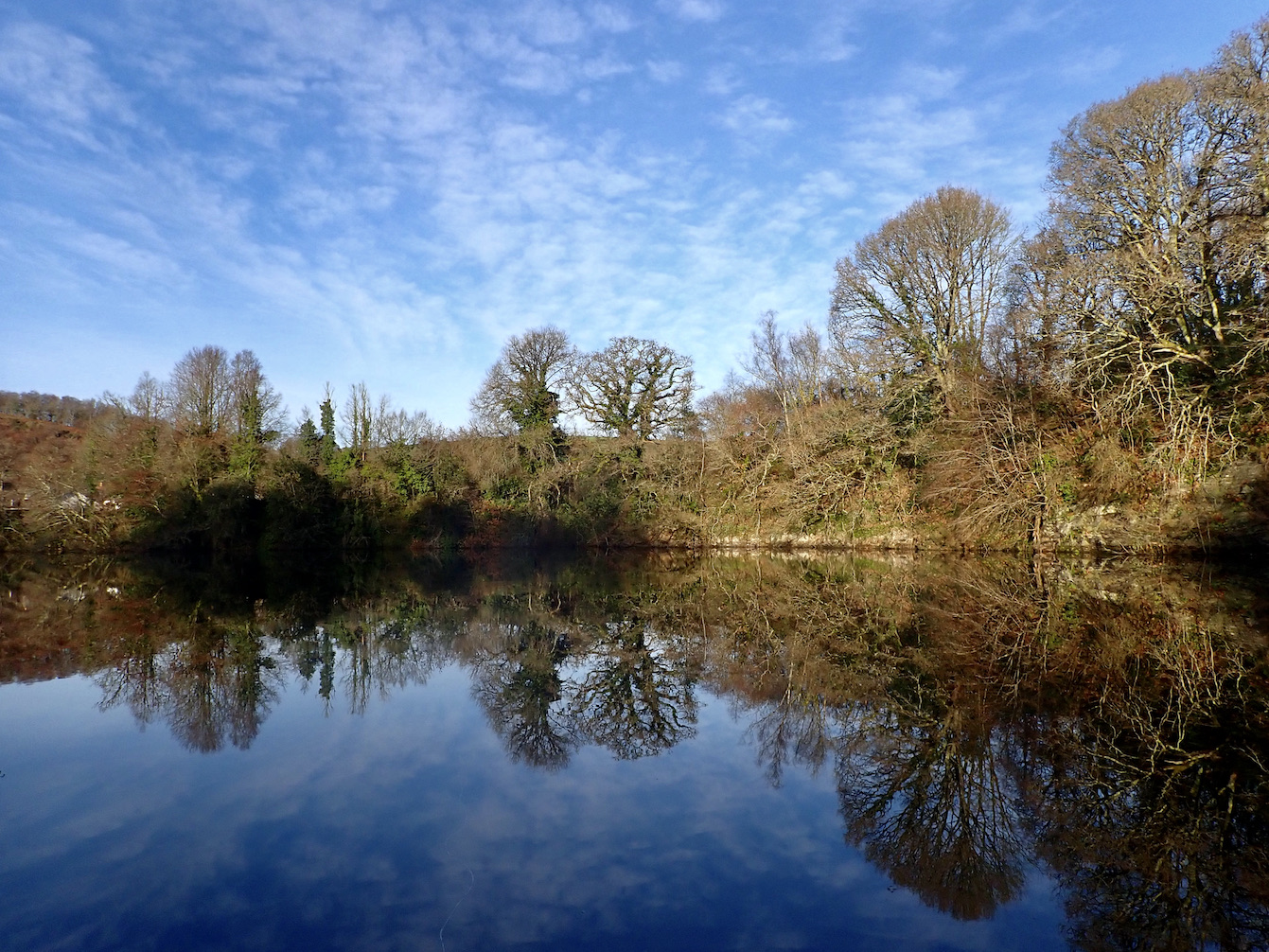
James Christoforou is head of fishing at the Arundell so before heading to the lake to compete with fellow Fluff Chucker’s I sought James advice as to tactics and flies. Following his advice I set up two rods one with a duo set up as James thought it likely that the fish would be near to the surface. The other rod was set up with a rather drab gold-head lure on the point with a flexible tail dressing that would flutter attractively in the water.

The competition started at 10:00am with each angler on their drawn peg. Every half an hour each angler would move two pegs ensuring that by the end of the day each peg had been fished.
I had drawn peg one with Roger Truscott to my right on peg two. Shortly after cast off I glanced over to see Rogers rod bent as a trout splashed about on a tight line. Within a few moments of releasing this trout Roger was in again and I wondered just how he has such a knack of connecting with the trout!
I cast my line and watched the leader intently lifting the rod briskly when it twitched slightly as the lure sank in the clear water. It was good to connect and get a fish under my belt. As we moved pegs I asked Roger how many he had caught and he replied “eight or nine I think”. By this time I had managed a brace of rainbows and browns.
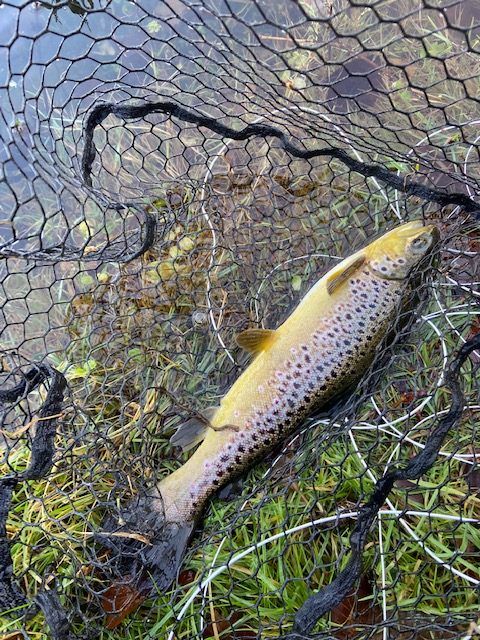

As expected the catch rate started to drop for all and by the end of the morning I think Roger was on nine whilst I was on seven.
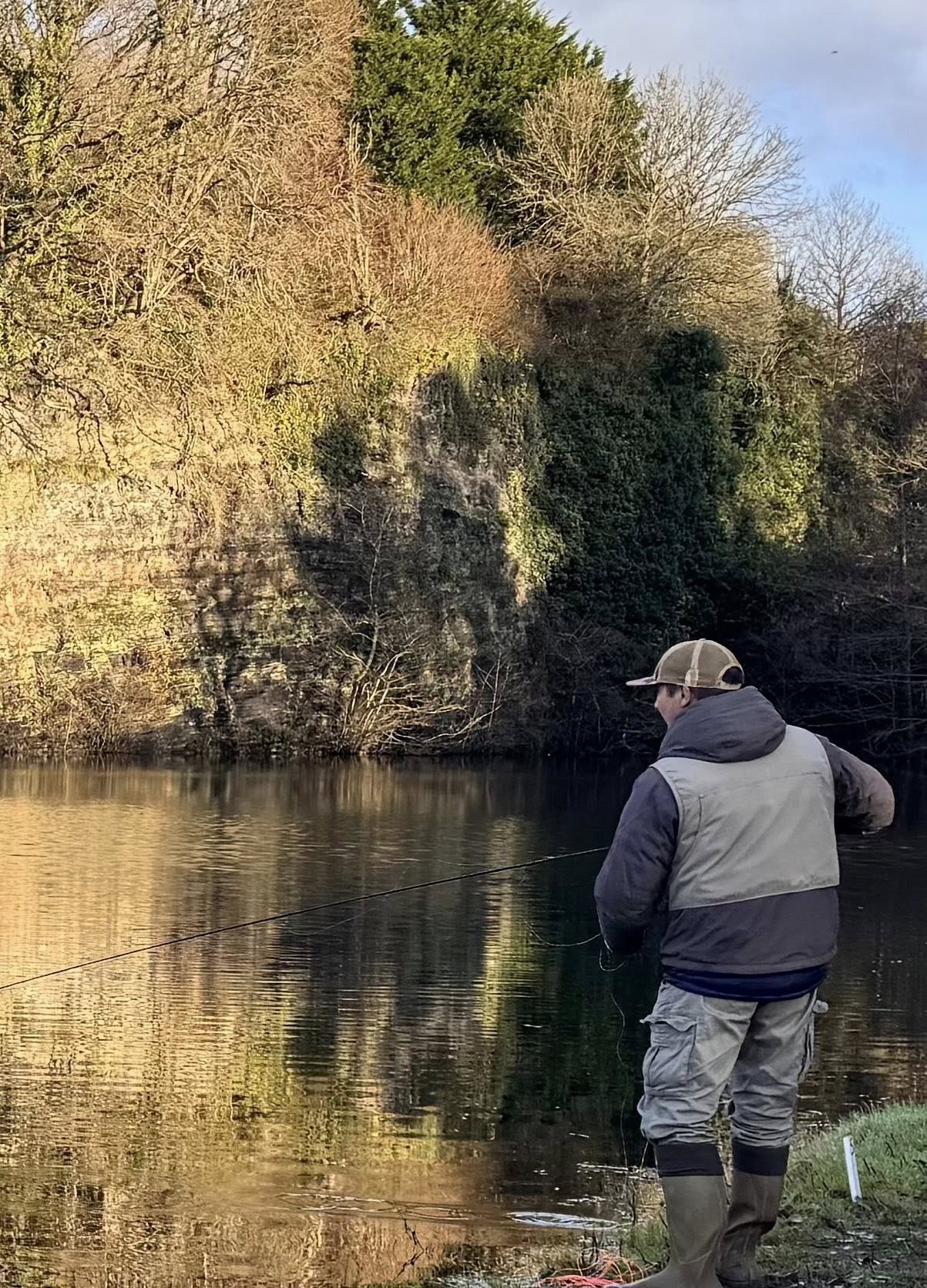
We stopped for lunch at midday and James delivered hot pasties and coffee to those who requested it. For half an hour we all chatted and analysed the mornings fishing. It was obvious that Roger and I had received a big slice of good fortune as pegs one to four were undoubtedly well populated with recently stocked fish. The two end pegs at the lakes far end producing no trout.

The afternoon was surprisingly slow and I only added one fish a 43cm brown trout that was the biggest of the day. Roger once again proved his dominance of Fluff Chucker events ending the day with eleven trout.

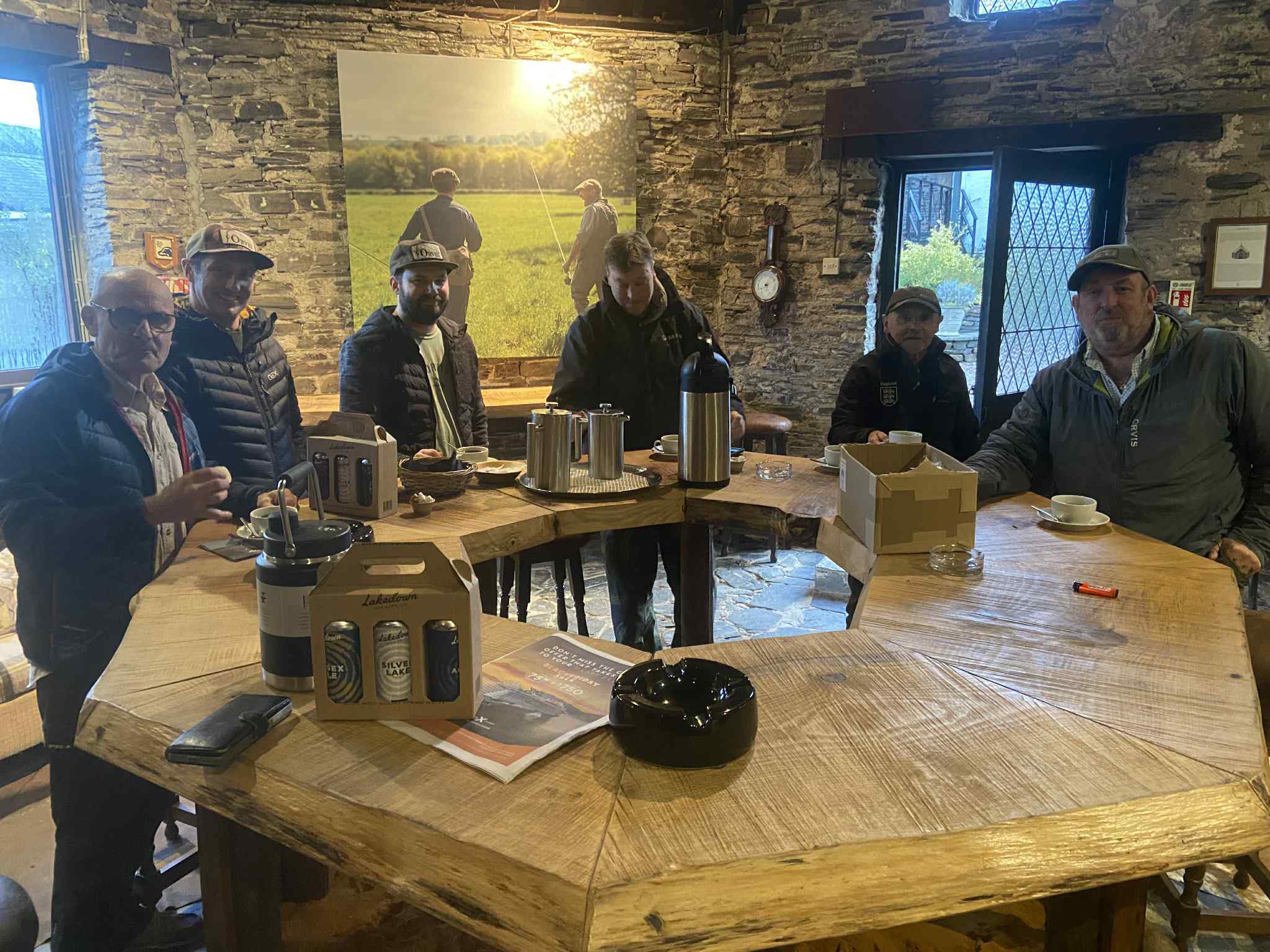
We retired once again to the warmth of the Cockpit for the prize giving and a hot coffee. Rodney Wevill does an exceptional job at organising these friendly events and securing sponsorship from Yeti, Lakedown Brewing co & Tap Room. And of course the Arundell whose waters are always a joy to fish.


